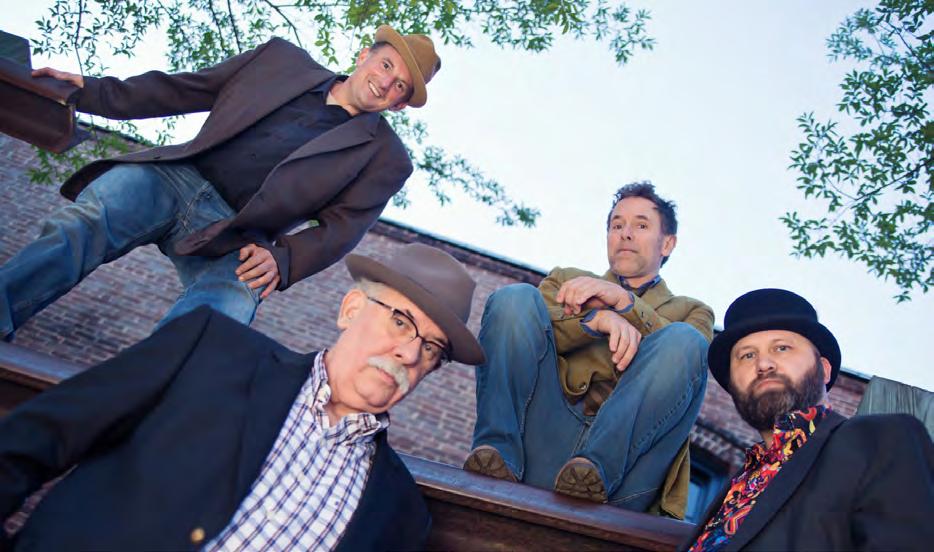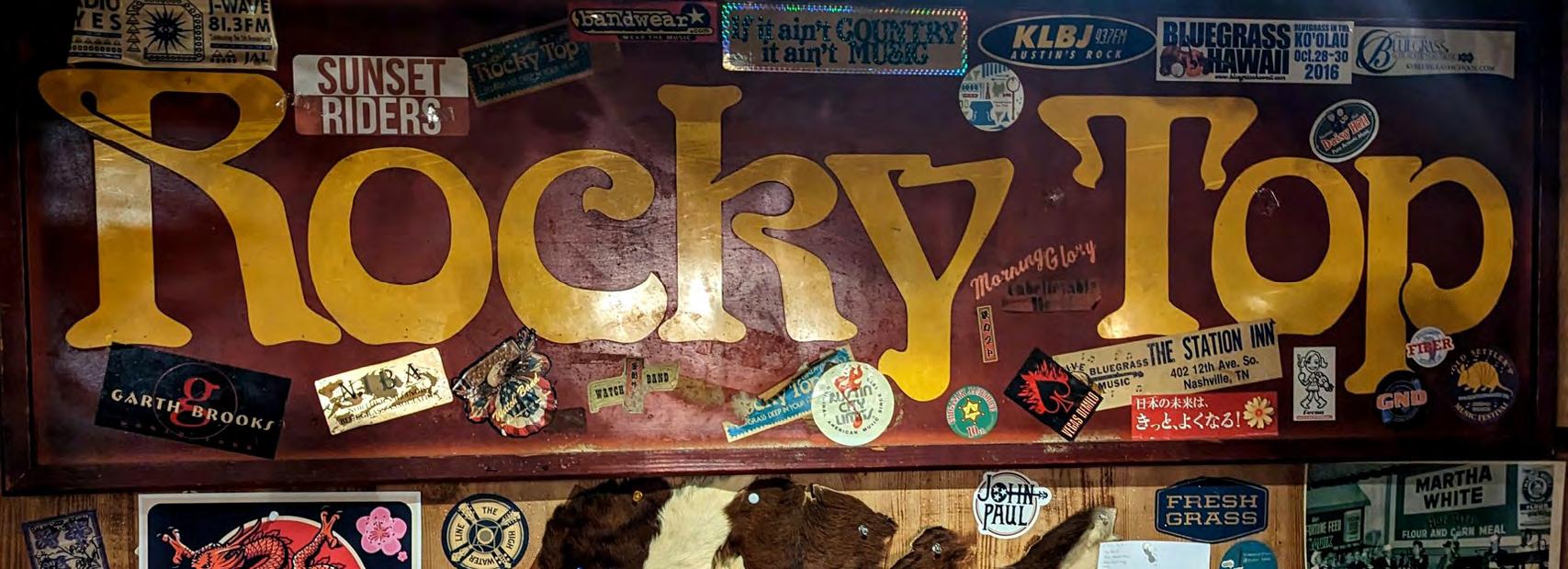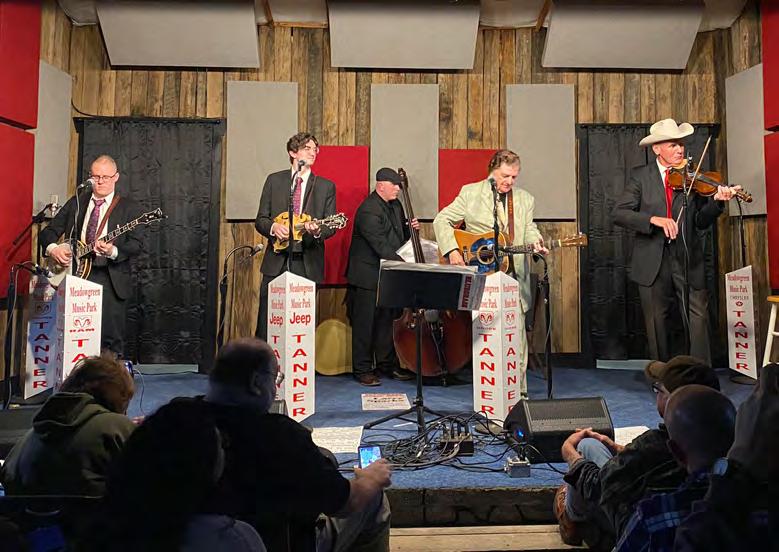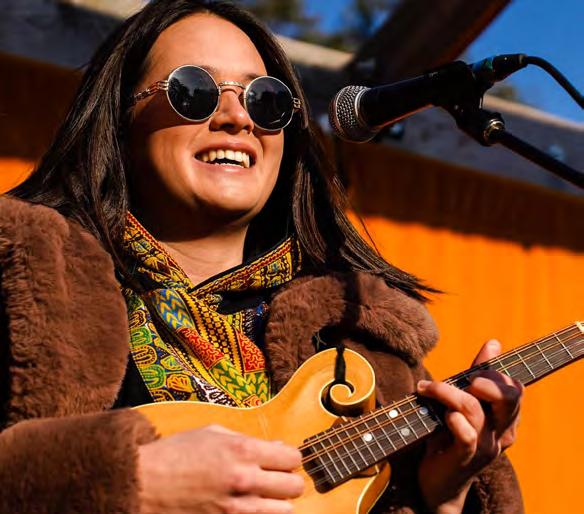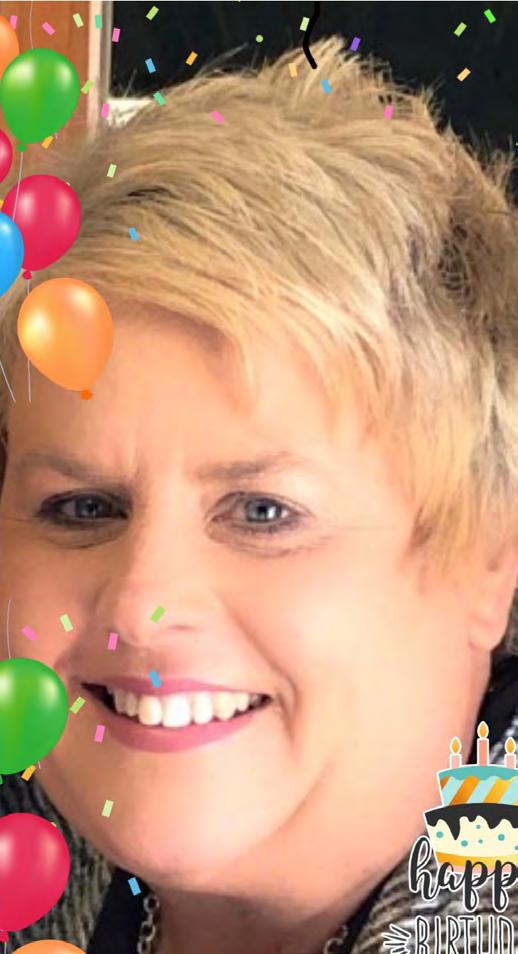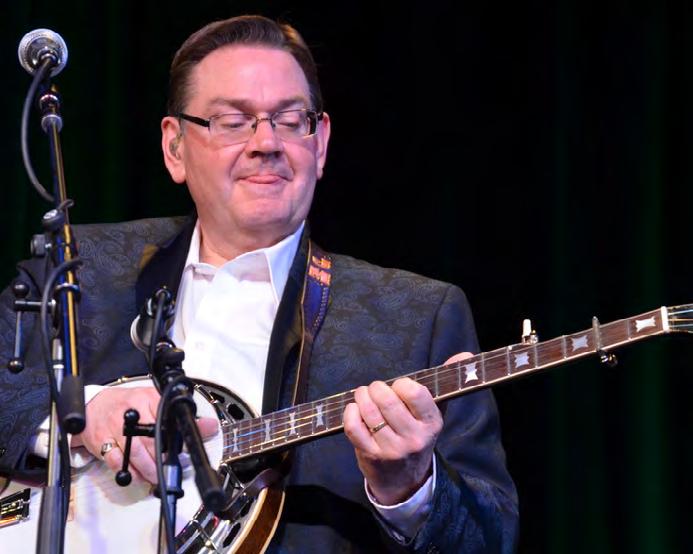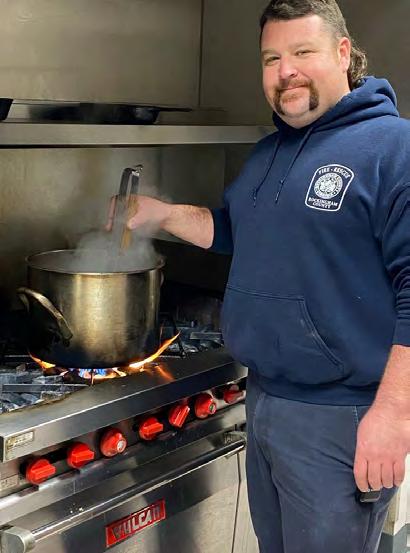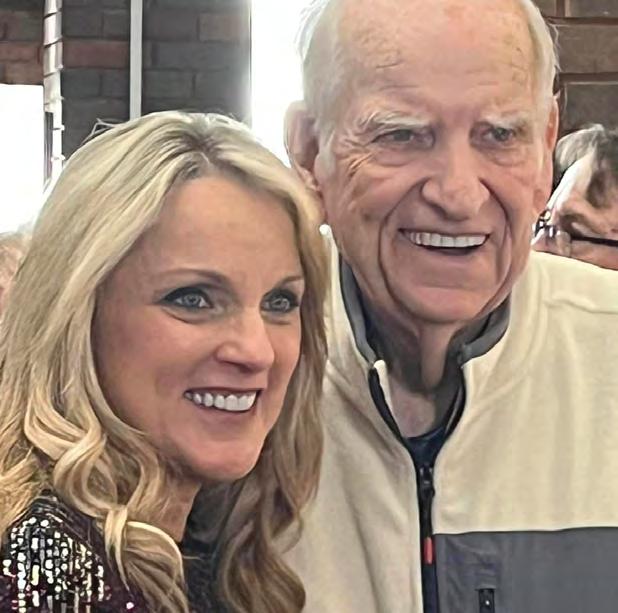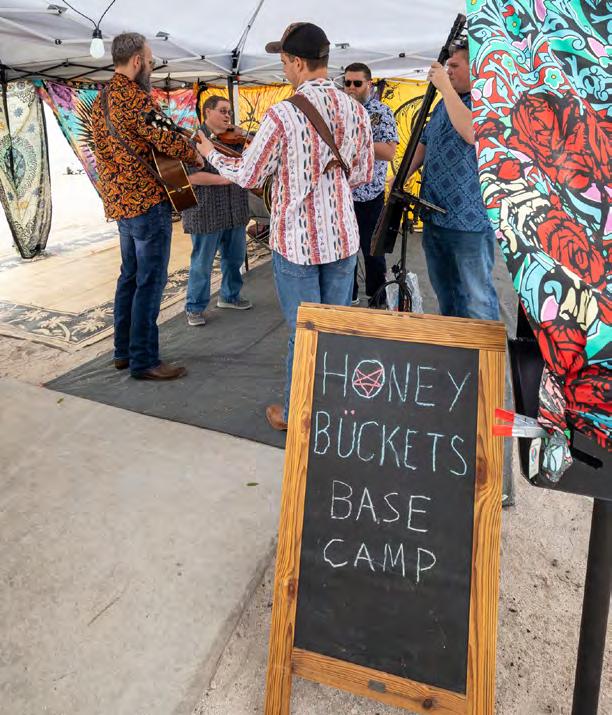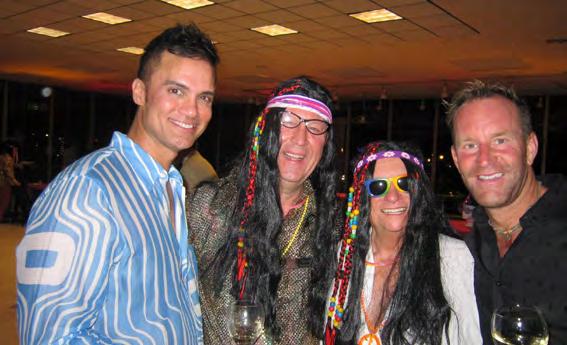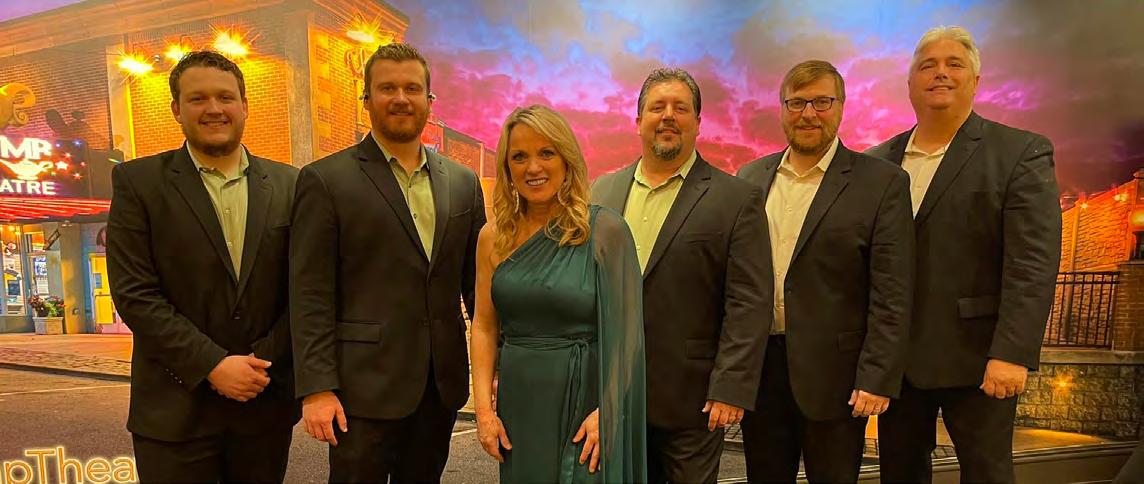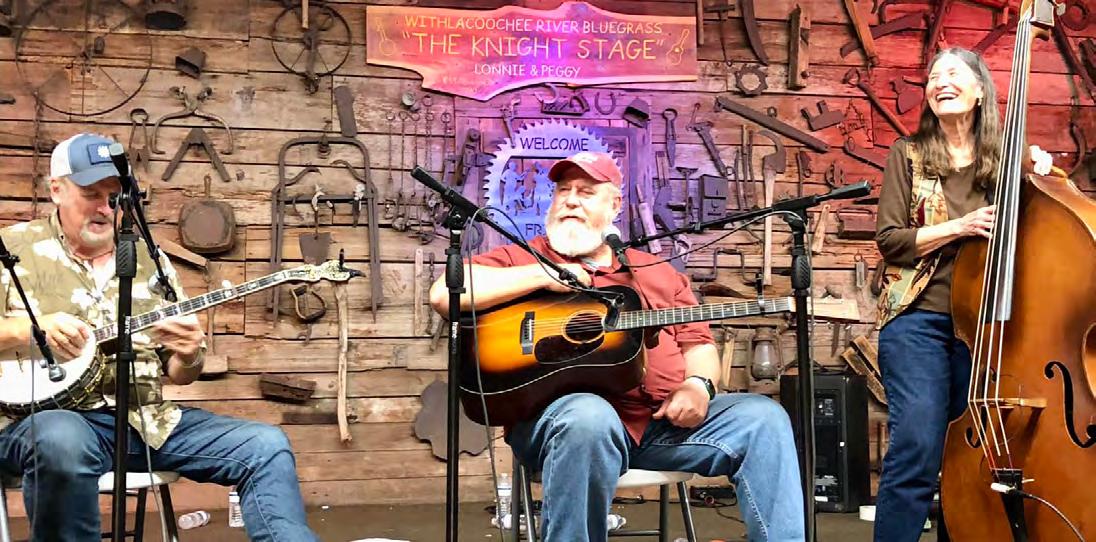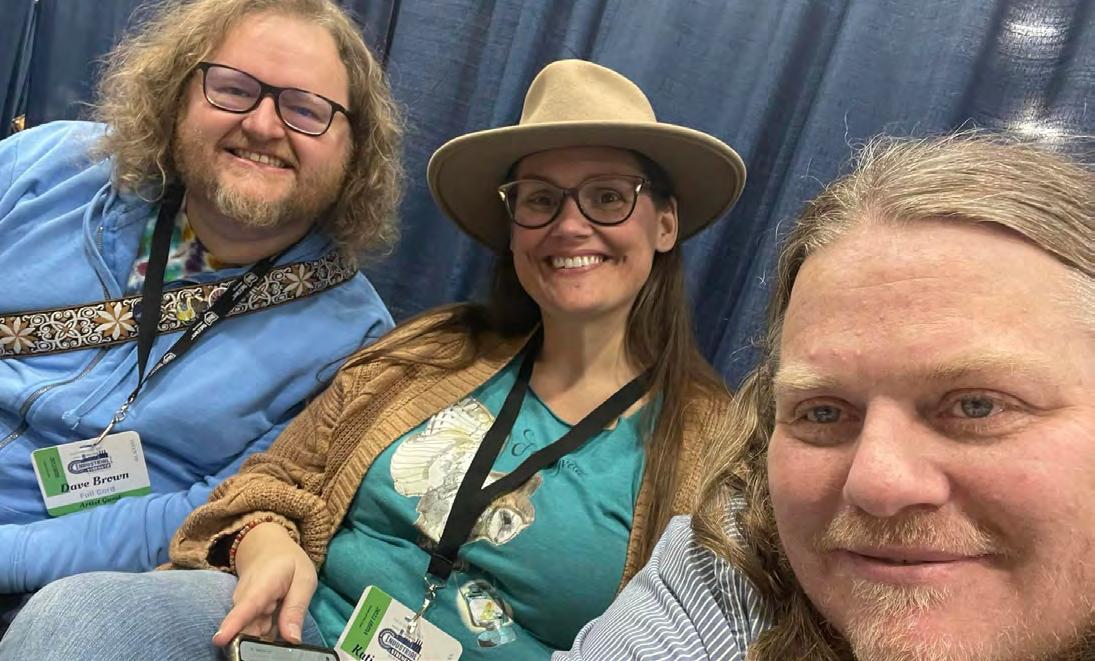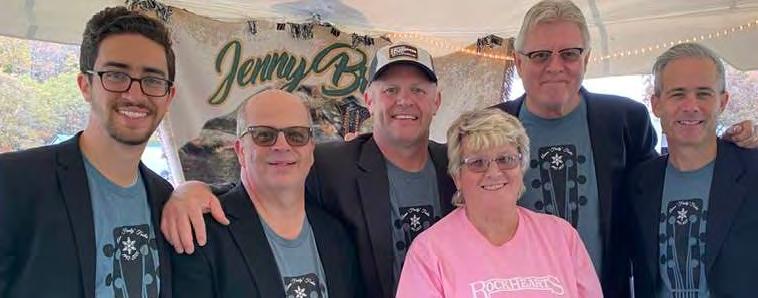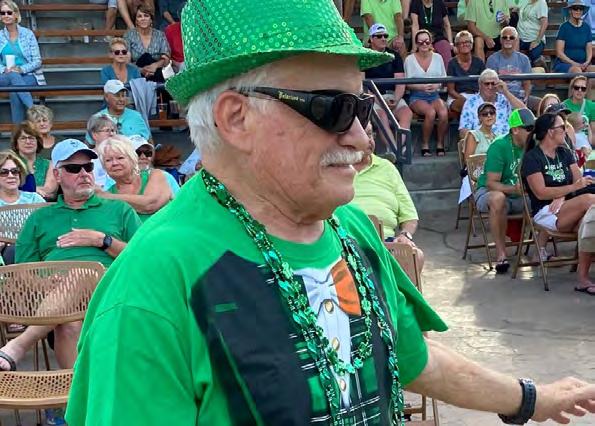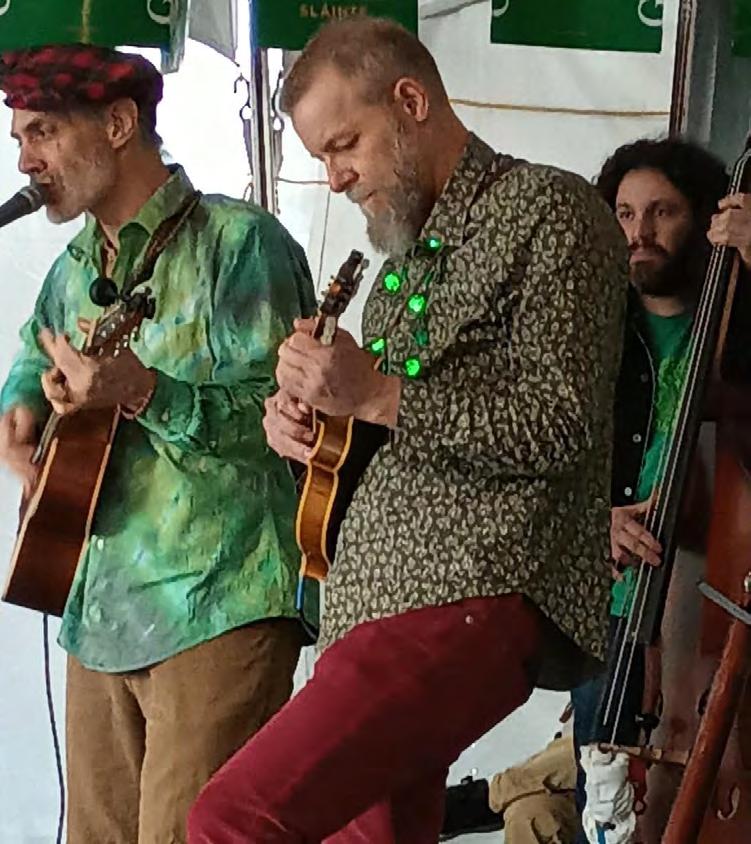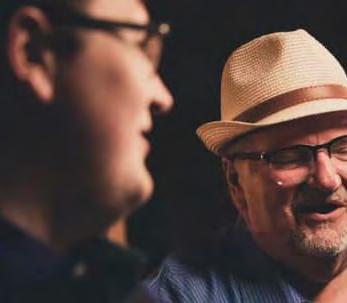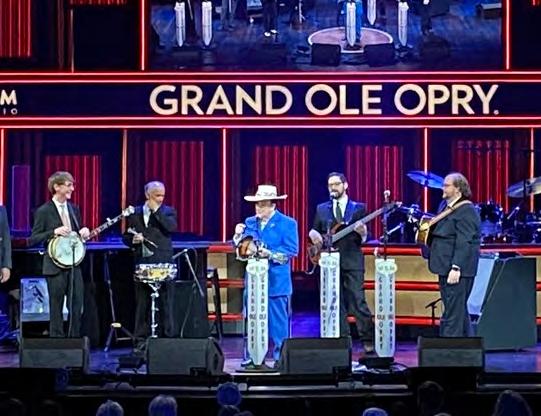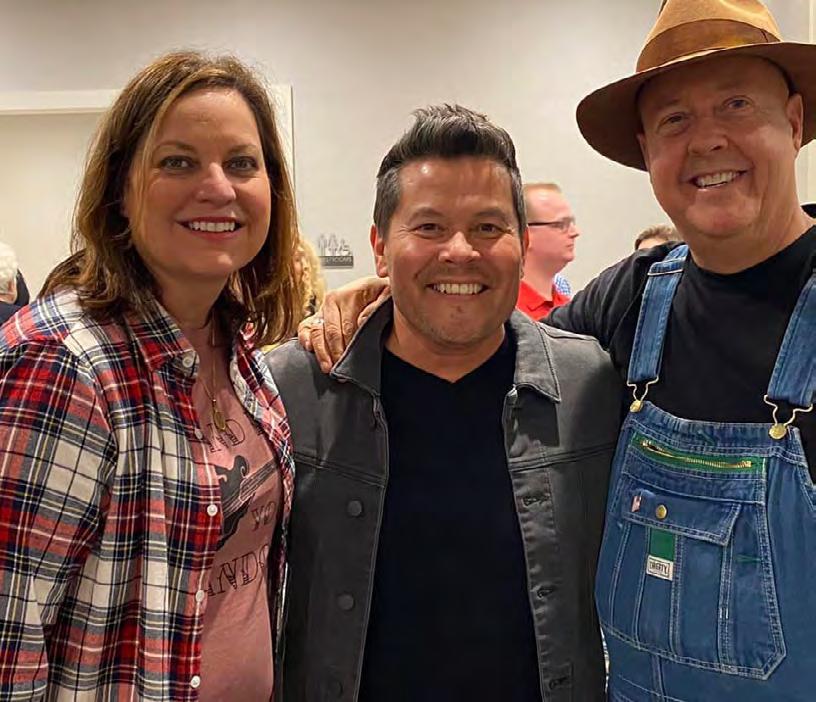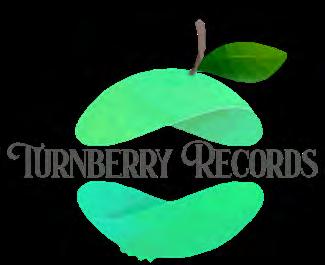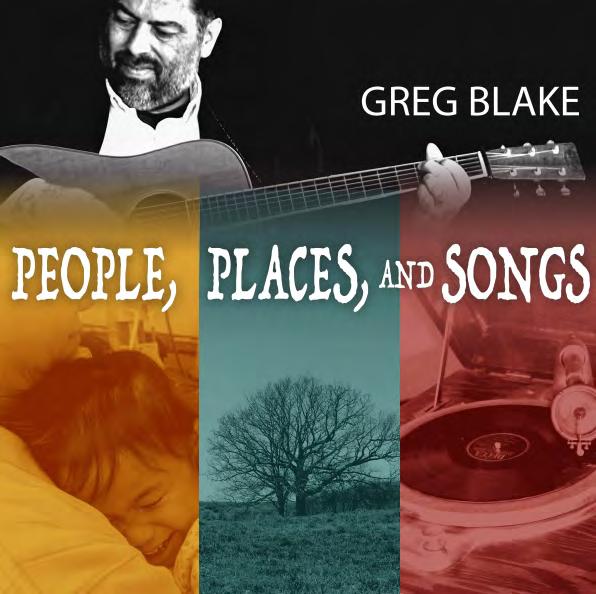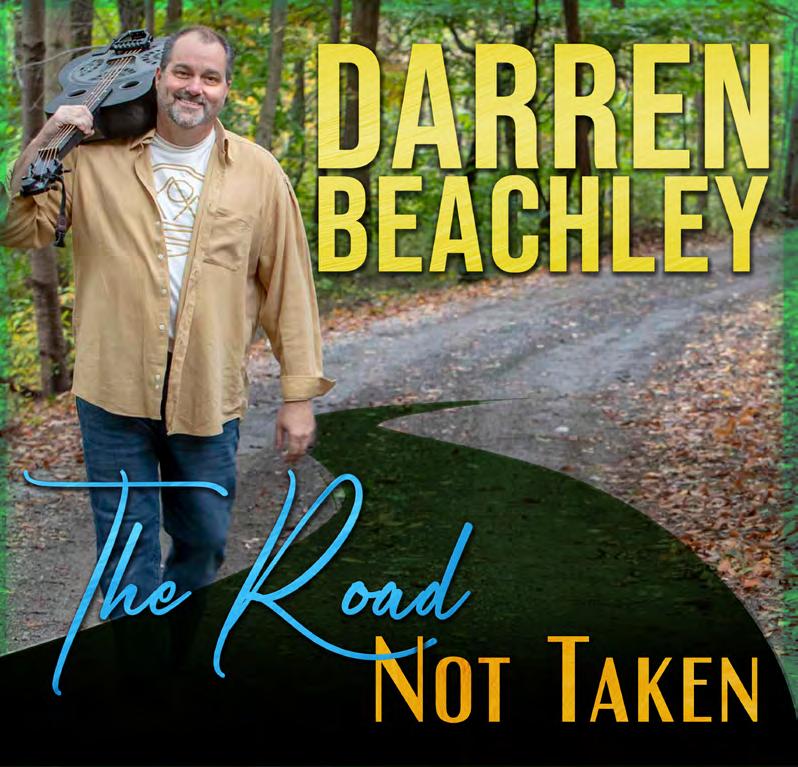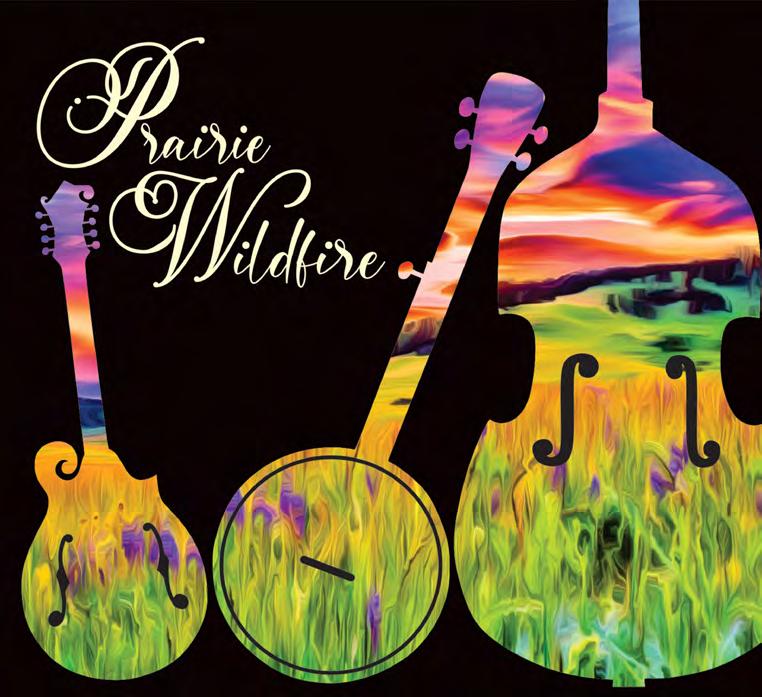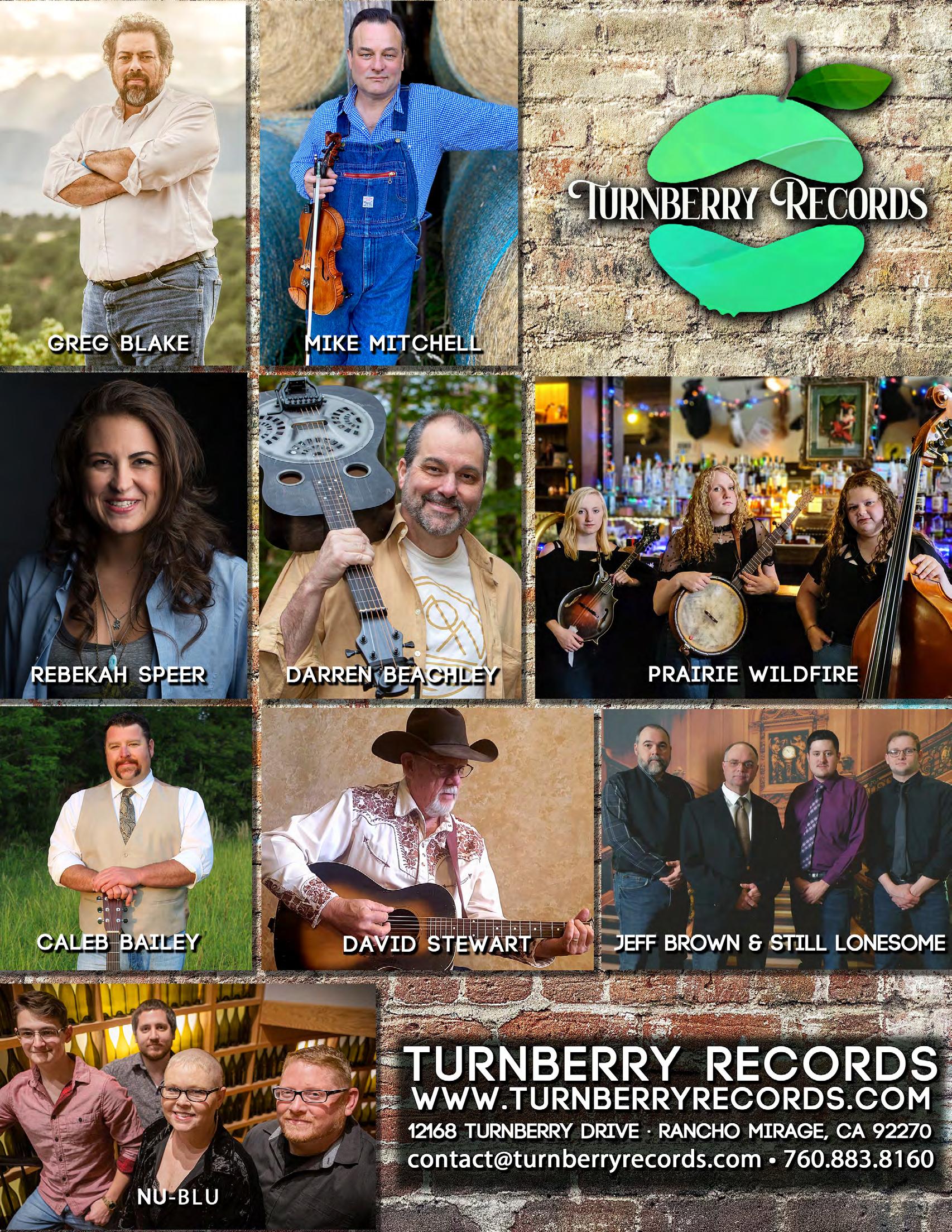




































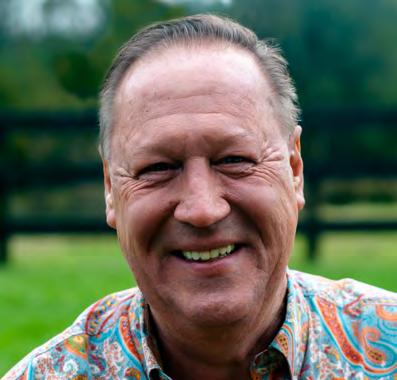
The Bluegrass Standard is a life-long dream of Keith Barnacastle, who grew up in Meridian, Mississippi. For three years, Keith brought the Suits, Boots and Bluegrass Festival to Meridian. Now, with the Bluegrass Standard, Keith’s enthusiasm for the music, and his vision of its future, reaches a nationwide audience every month! Keith@TheBluegrassStandard.com


Richelle Putnam is a Mississippi Arts Commission (MAC) Teaching Artist/Roster Artist (Literary), a Mississippi Humanities Speaker, and a 2014 MAC Literary Arts Fellowship recipient. Her non-fiction books include Lauderdale County, Mississippi; a Brief History, Legendary Locals of Meridian, Mississippi and Mississippi and the Great Depression. Richelle@TheBluegrassStandard.com

Rebekah Speer has nearly twenty years in the music industry in Nashville, TN. She creates a unique “look” for every issue of The Bluegrass Standard, and enjoys learning about each artist. In addition to her creative work with The Bluegrass Standard, Rebekah also provides graphic design and technical support to a variety of clients.
Susan traveled with a mixed ensemble at Trevecca Nazarene college as PR for the college. From there she moved on to working at Sony Music Nashville for 17 years in several compacities then transitioning on to the Nashville Songwritrers Association International (NSAI) where she was Sponsorship Director. The next step of her musical journey was to open her own business where she secured sponsorships for various events or companies in which the IBMA /World of Bluegrass was one of her clients.
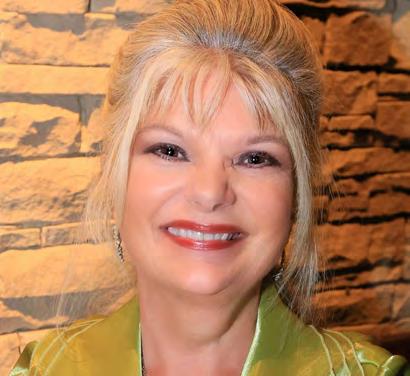
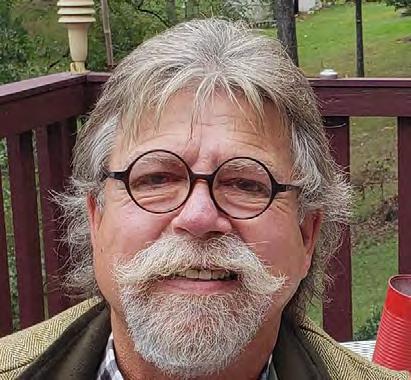
Singer/Songwriter/Blogger and SilverWolf recording artist, Mississippi

Chris Sharp hails from remote Kemper County, near his hometown of Meridian. An original/founding cast member of the award-winning, long running radio show, The Sucarnochee Revue, as featured on Alabama and Mississippi Public Broadcasting, Chris performs with his daughter, Piper. Chris’s songs have been covered by The Del McCoury Band, The Henhouse Prowlers, and others. https://mississippichrissharp.blog


Susan Marquez is a freelance writer based in Madison, Mississippi and a Mississippi Arts Commission Roster Artist. After a 20+ year career in advertising and marketing, she began a professional writing career in 2001. Since that time she has written over 2000 articles which have been published in magazines, newspapers, business journals, trade publications.
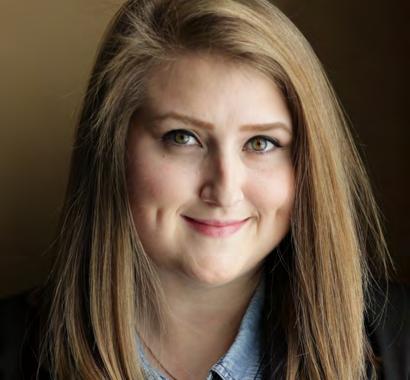
Kara Martinez Bachman is a nonfiction author, book and magazine editor, and freelance writer. A former staff entertainment reporter, columnist and community news editor for the New Orleans Times-Picayune, her music and culture reporting has also appeared on a freelance basis in dozens of regional, national and international publications.
Candace Nelson is a marketing professional living in Charleston, West Virginia. She is the author of the book “The West Virginia Pepperoni Roll.” In her free time, Nelson travels and blogs about Appalachian food culture at CandaceLately.com. Find her on Twitter at @Candace07 or email CandaceRNelson@gmail.com.

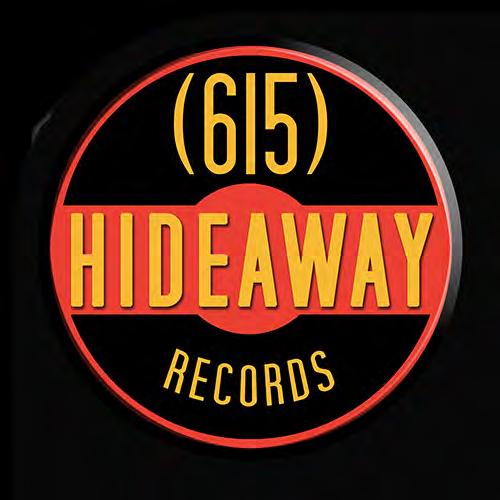
Selling records isn’t something that happens by chance; it’s a numbers game. When Sammy Passamano III of 615 Hideaway Records talks about music, he doesn’t talk about touchy-feely stuff. He speaks seriously about numbers, analysis, and demographics. He crunches stats about views, hits, plays, spins, engagements, and all the rest of the terms for metrics that can be micro-analyzed with pure data study. He closely reviews analytics at Google, Facebook, and other places where music is found online. His approach is a little different from what you might find at many smaller record labels, but he thinks it is working so far.
Passamano has achieved bragging rights; he looks closely at how he can work with his acts to create a presence for their music on social media platforms and other digital town squares where bluegrass fans gather.
Because Passamano believes so much in the video promotion of his artists, the label is simply one part of his larger company, which provides video promotion to both his signed artists and others who utilize his services. Right now, his main sources of “getting the word out” for bluegrass performers are his Facebook pages, “Bluegrass Music TV,” and “Hooked on Bluegrass.”
“Last year, we had 8.4 million views on our Facebook page for Bluegrass Music TV,” he said, “and Hooked on Bluegrass had 4.7 million views, also on Facebook.”
The artists he signs, of course, benefit from promotion via these successful pages, with ever-increasing reach. He said results can be seen with acts such as David Parmley, who – on the day he spoke to The Bluegrass Standard – was “at #1 on Sirius XM Radio.”
“I don’t want to build the traditional label model,” Passamano explained. He currently has only eight artists signed to the label, including acts such as Parmley, The Crowe Brothers, and Audie Blaylock and Redline. While he has allowed the roster to get a little long, he says he prefers to reign it in for the sake of quality over quantity.
“I think a label of my size, I can only work about six artists effectively,” he said. “My vision for the label is to have it be smaller but have it be a very efficient label,” Passamano added.
He explained that before 615 Hideaway Records, he worked with his dad on a label he owned, Rural Rhythm Records. While his dad sold that label and the son opted to start his own, the lessons learned from the Rural Rhythm days stuck with him and informed his approach to his company today.
“We had 10 to 15, sometimes 20, on the label for Rural Rhythm,” He said. “And it was tough.”

Since then, Passamano has spent great amounts of time studying – and numbercrunching – changes to the industry.
The things he looks for when signing a band have changed from what his father did. He’s a true believer in video promotion as the present and future of music marketing and wants to work with bands who “get it” before he even considers signing them.
“And they have to be able to put up with me,” Passamano laughed, acknowledging the role personality plays in finding partnerships that last.
“The number one thing is do they make their own video content?” he asked. “If you do, that works to my strengths because I’ve built a business that can promote. I’m looking for somebody that understands the business. I’m less likely to work with a band that I have to teach.”
It makes sense since smaller labels have less time to devote. In this day and age, when much more is expected to originate with the musician, being in the dark about current trends in music marketing puts musicians at a disadvantage.

Passamano sounds as if he is a big believer in email marketing for music, which he said “is still very strong.” He said he’s intrigued by a music and video package delivered by USB and will follow this as a possible future direction for music dissemination in an age when digital is dominant.
“I did a pretty deep dive into USB,” he explained. “You can make a really cool interactive…it’s really, really easy…I’m truly hoping that USB will be our new premium over CDs.”
While he said he’s “very excited about that market,” he bases decisions on something other than gut instinct combined with hope. He goes with…well…numbers; track records of success. He’s waiting to see if the bigger labels embrace it.
“If I run out too fast and run out too far ahead, I’m just standing out in front of everyone,” he said.
Although the promotion burden rests heavier on the shoulders of musicians than in the past, Passamano thinks, in some ways, it’s easier for labels and artists to get the music to the public.
“Older models just won’t work anymore because it’s out-of-sight, out-of-mind,” he said, but he did leave aspiring musicians with a hopeful note. “I think it’s a lot easier to promote yourself in 2023,” he assured.

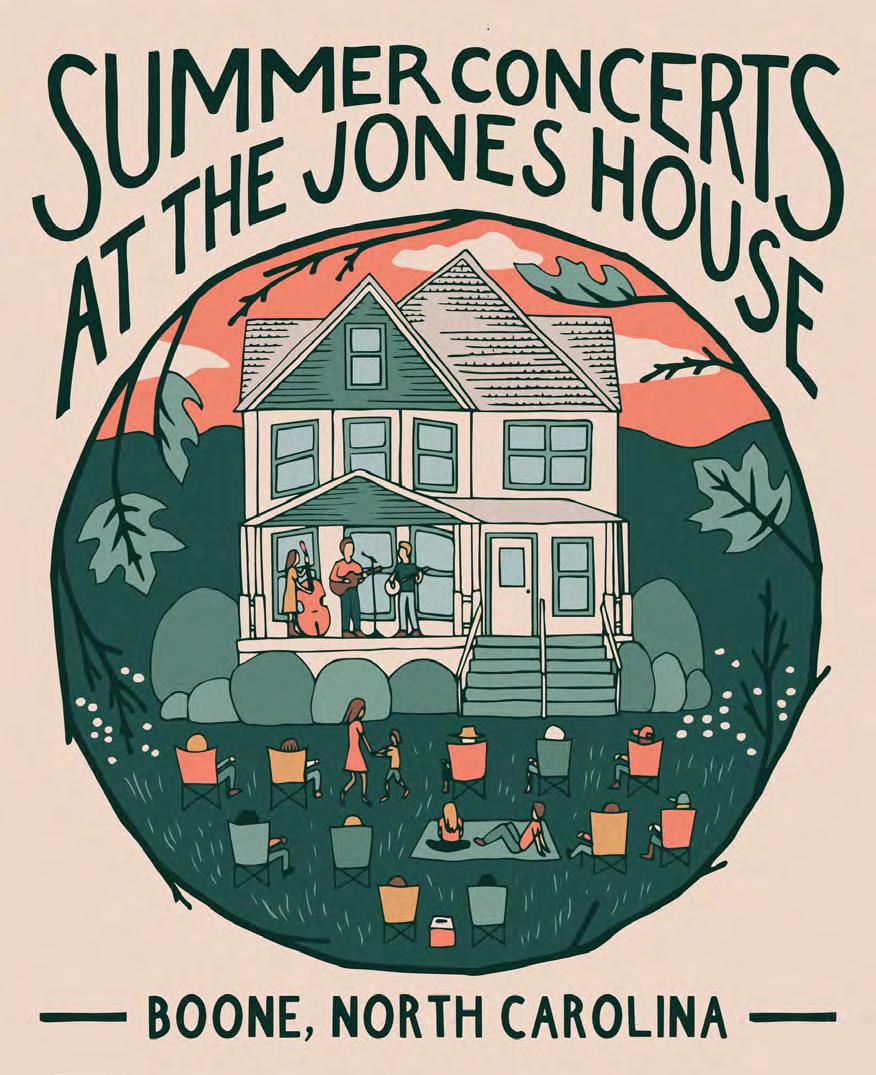
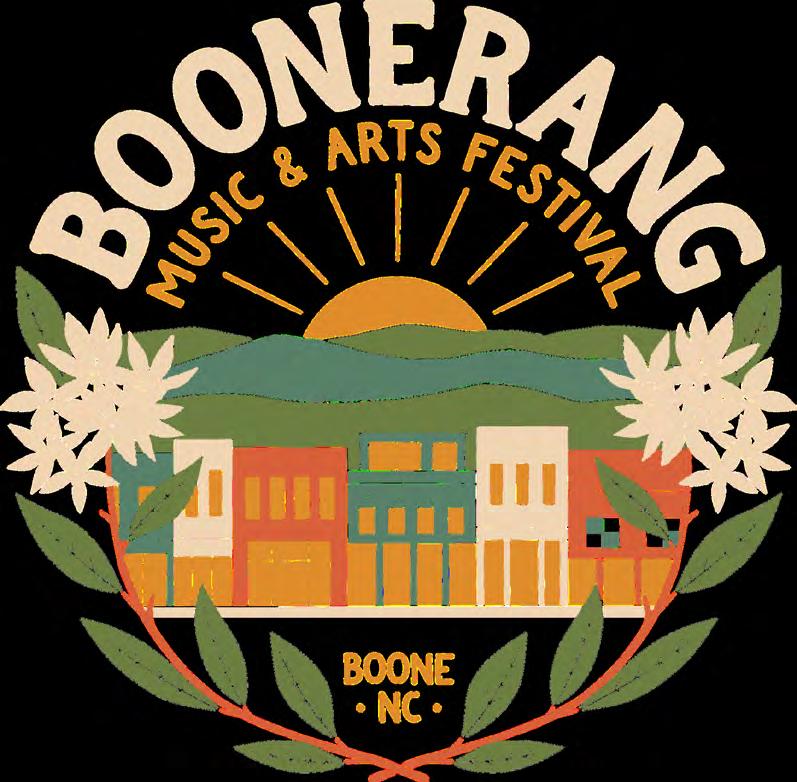


When veteran music industry creative Jerry Salley was ready to launch a record label, he thought about whom he could trust and who would have the assets he needed to be successful. He reached out to Ed Leonard, president of Daywind Music Group.

Daywind is home to Daywind Records and New Day Records, both Gospel labels. “I was writing for EMI in 2000, and that deal excluded my Gospel songs,” says Jerry. “So, I signed a publishing deal with Daywind for a few years exclusively for my Gospel songs and fell in love with how they do business. I got to know the family, including Dottie Leonard Miller, who founded Daywind almost forty years ago.” While the company did it all, from publishing to distribution for Gospel music, they were not applying that to the bluegrass industry.
Dottie said “yes” to forming Billy Blue Records, a boutique mainstream bluegrass label under Jerry’s direction. “It’s a great partnership,” says Jerry, the label’s A & R guy and the creative director. “I basically oversee the whole label but always go to Ed for direction when a big decision needs to be made.” Billy Blue Records will celebrate five years this June.
In a press release, Ed Leonard said, “with the increase in popularity of roots music, we felt it was
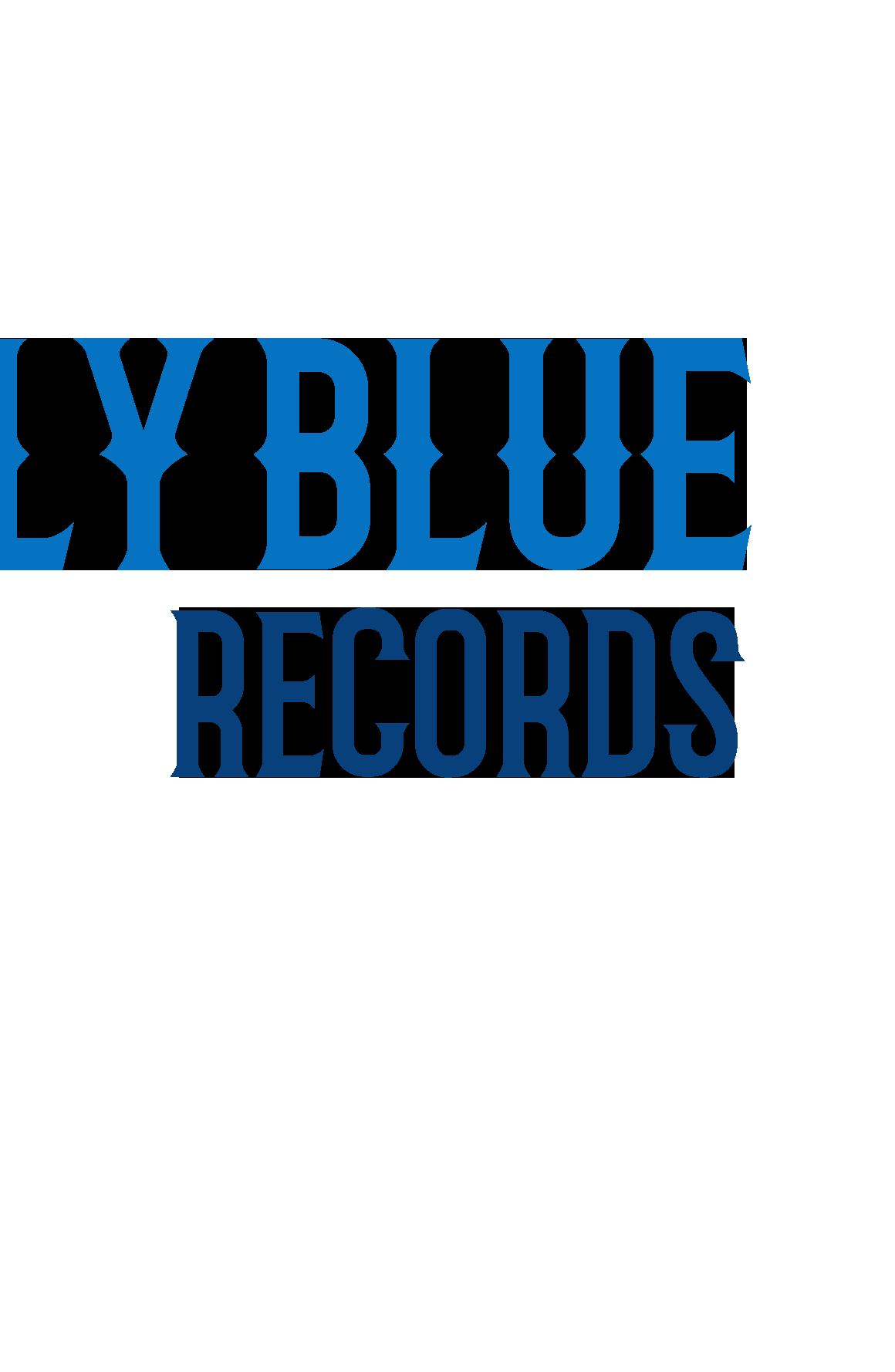
time to launch a new division providing opportunities and guidance for the talented artists and songwriters in this genre.” The label’s name, Billy Blue Records, was a collaborative brainstorming effort between Ed and Jerry. “We wanted to build a brand. When we were thinking of names, Ed pointed out there was a huge goat craze going on at the time with things like goat yoga. Plus, they are just cute,” adds Jerry. “We combined billy goat with bluegrass and came up with Billy Blue. It just seemed to work.” Veteran graphic designer in the music industry for Daywind/Billy Blue and three-time IBMA nominee for Graphic Designer of the Year Carly Webby designed the logo.
As word got out, artists began signing with the label. “The first artist we signed to the label was Appalachian Road Show,” recalls Jerry. “It’s amazing the way it’s all worked out. Soon we had added Doyle Lawson and Quicksilver, Joe Mullins and the Radio Ramblers, Donna Ulisse, Darin & Brooke Aldridge, Alan Bibey & Grasstowne, Jason Barie, Authentic Unlimited, Kristy Cox, The Tennessee Bluegrass Band, and Marty Raybon.”
Jerry produced the multi- artist Bluegrass Gospel project, Country Faith Bluegrass, which includes the Dolly Parton single of the classic hymn, “In the Sweet By and By,” featuring Jerry along with Larry Cordle, Carl Jackson, and Bradley Walker. The song recently won a DOVE award for Bluegrass/ Country/Roots Song of the Year. In addition, it received Gospel Recording of the Year at the 2022 IBMA Awards and Collaborative Album of the Year. “It was such an honor to work with Dolly on that album,” says Jerry. “She was such a delight.”
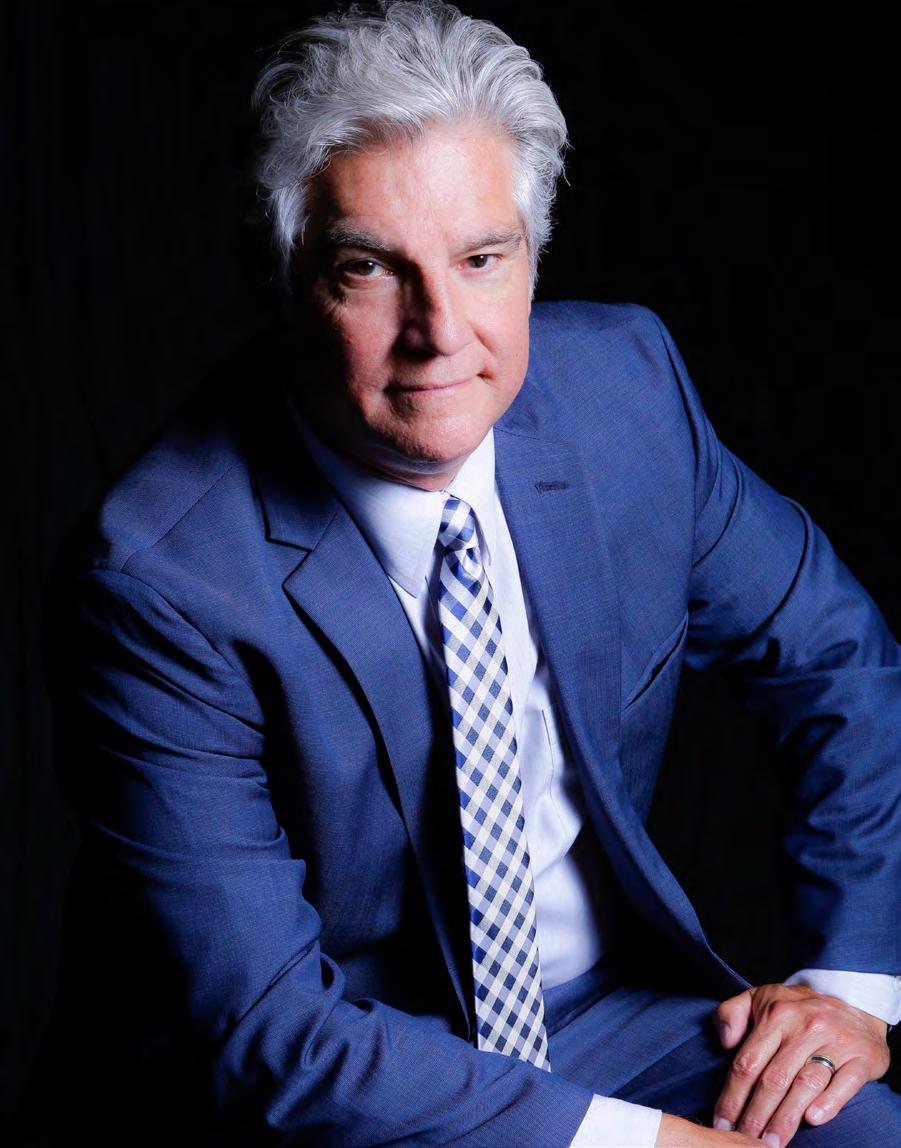
The label also produces videos for its artists. “Videos are becoming more and more popular, and we are fortunate to have great local videographers at our disposal, along with some video capabilities in-house,” says Jerry.
“We have been doing interviews and song-by- song tracks for social media. And we produced Joe Mullin’s new video, “Black and White,” a nostalgic tune about the days of black and white TV. The single is on the band’s new album, Let Time Ride, released on March 17.

Also recently released on Billy Blue is Jason Barie’s new album, Radioactive. The album jacket is unique in that it includes a seven-page comic book.
Expanding on what is happening at Billy Blue Records, Daywind Music Group has announced the relaunch of Thoroughbred Records, which fits well with their move into bluegrass. Jerry will also serve as A & R and creative director for the Thoroughbred label, giving artists such as Chosen Road and other strictly bluegrass Gospel artists their own label home.
www.billybluerecords.com

In the early 1990s, Tim Surrett and Mickey Gamble teamed up to form The Mountain Home Music Company, an imprint of Crossroads Entertainment and Marketing. “Tim plays bass and vocals for Balsam Range,” says Ty Gilpin, who handles the marketing for Mountain Home.
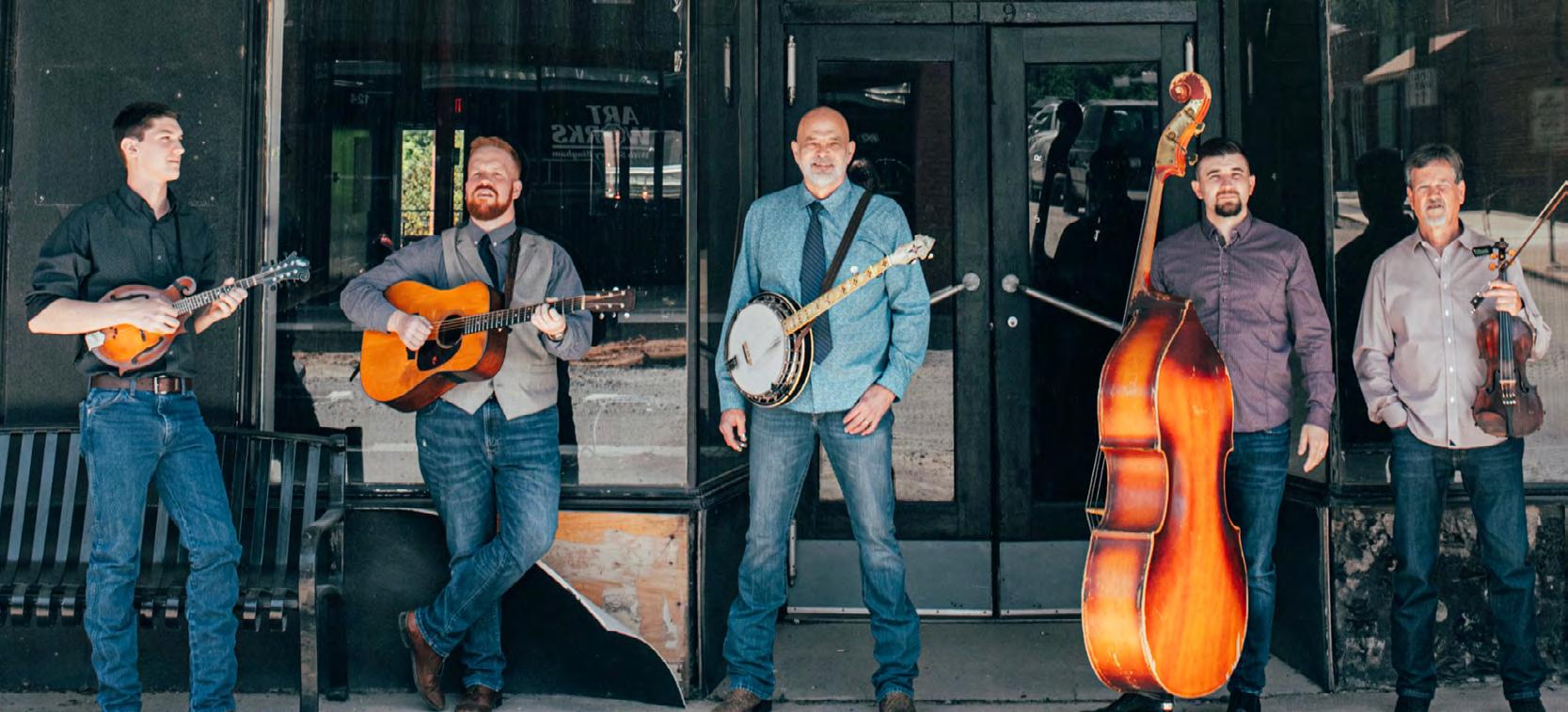
Tim is a North Carolina native, born and raised in Canton. Music has always been a big part of his life, and he views music as a ministry. The label he and Mickey founded is now considered one of the premier labels in bluegrass, with artists including Doyle Lawson and Quicksilver, The Grascals, The Lonesome River Band, The Boxcars, Crowe, Lawson, and Williams, Darin and Brooke Aldridge, and Tim’s band, Balsam Range.
Ty explains that Crossroads goes back forty years or more. “We have a range of artists, from Southern Gospel to bluegrass and Americana.” The company was established in 1993 when the Horizon Music Group and Sonlite Records merged. The Crossroads Label Group operates the Mountain Home Music label, Skyland Records, Pisgah Ridge Records, Crossroads Records, and Mountain Home’s sibling imprint, Organic Records. “Organic leans more toward the Americana world,” says Ty. “Jeremy Garrett did a bluegrass record on Organic, but he also did a genre-defying album. Our motto at Organic is ‘great music, no boundaries.’ But Mountain Home Music is specifically bluegrass, from traditional to progressive.”
Mountain Home Music benefits from Crossroad Distribution, Crossroads Radio Promotions, and Crossroads Recording Studios at the label headquarters and offices outside of Ashville, North Carolina, in Arden. “Artists come to use our state-of-the-art studios,” says Ty. “We update everything every two years, investing in high-end improvements in our studio equipment. Crossroads combines cutting-edge technology with creative innovation, which helps us to connect
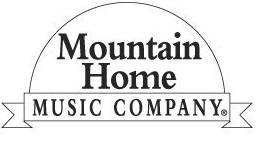

our artists’ music with their fans.”
The studio has three full-time engineers and three full-time producers, one of whom is John Wiseburger, who also does A &R for Mountain Home Music and is a musician. “We also have a third studio, which we call Studio C, in Burbank, California,” Ty says. “We have a guy there who does mixing as well as work with Dolby Atmos immersive audio, which is a whole new thing we are diving into.” According to the Dolby website, “Dolby Atmos has reinvented how entertainment is created and experienced, allowing creatives everywhere to place each sound exactly where they want it to go, for a more realistic and immersive audio experience.”
Over the years, Mountain Home Music Company and Organic Records have become home to a family of artists. “It seems like everybody knows everybody in the bluegrass world,” laughs Ty. The musical family at Mountain Home Music collectively creates music that forms part of the core of the operation. “Bluegrass has really expanded over the past few years. While traditional bluegrass is still as popular as ever, the genre has a more adventurous side. And there are people from different generations, geographical areas, and with different musical styles who play bluegrass.” Bluegrass at the Crossroads is a series of unique encounters between some of those artists. The collaborative efforts are a fresh take on bluegrass classics and new songs that reflect and engage with today’s world.
Featured artists now on Mountain Home Music are Fireside Collective, a progressive bluegrass group from the Asheville area: Phil Leadbetter, a seasoned resonator player with an impressive career history; and The Cleverlys, a genre-bending comedy/bluegrass band from the Ozark Mountains near Cane Spur, Arkansas. The New York Times said the group was as “if Earl Scruggs, Dolly Parton, and Spinal Tap spawned a litter of puppies.” They are all accomplished musicians, and putting their unique bluegrass spin on cover songs from any genre is the faux-family band’s schtick. Recent releases include a new single by singer, songwriter, and mandolin player Darren Nicholson. “Leave It in the Hands of the Lord” recalls his experience following his departure from Balsam Ridge, the band he played with for 15 years. Carley Arrowood, a rising young bluegrass artist, recently released her debut album on Mountain Home Music, Goin’ Home Comin’ On.
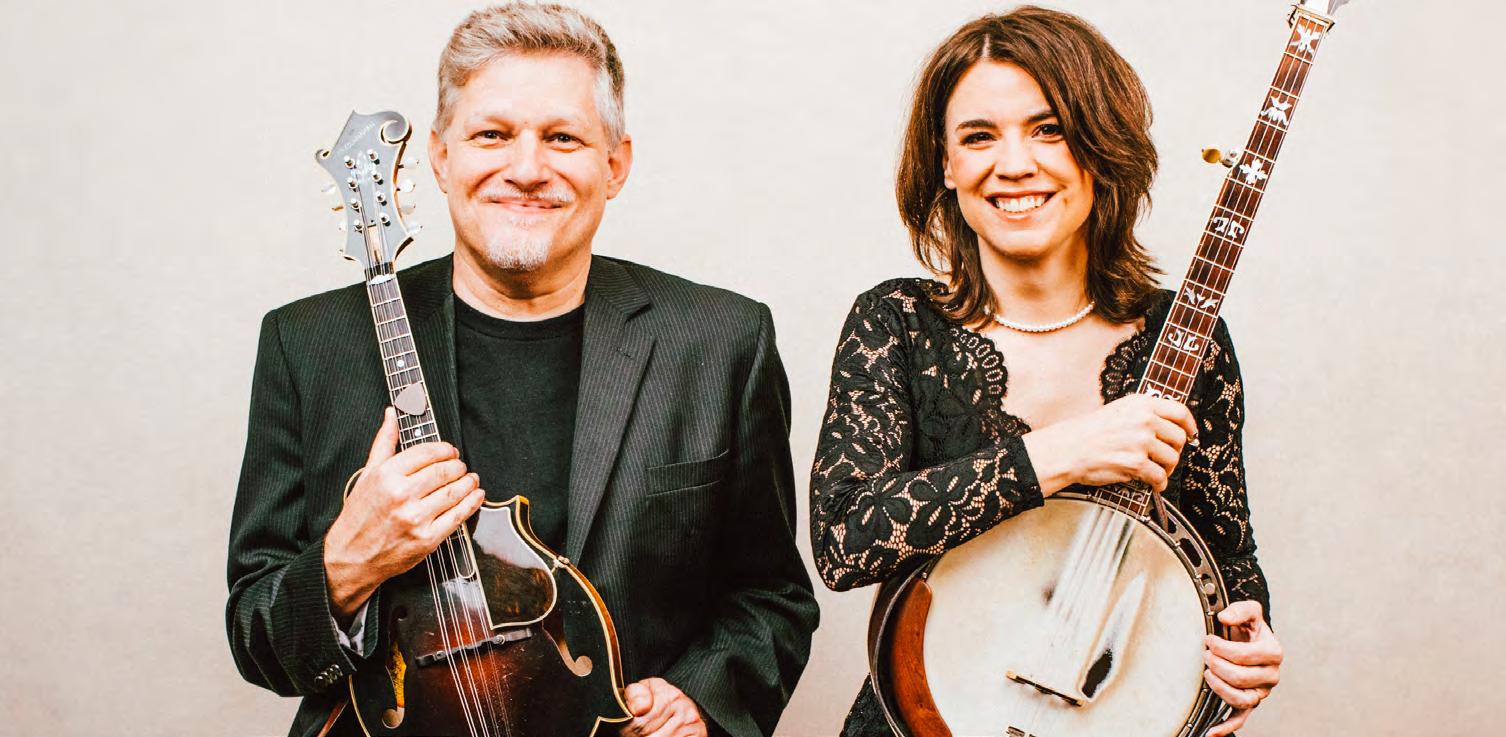
www.mountainhomemusiccompany.com


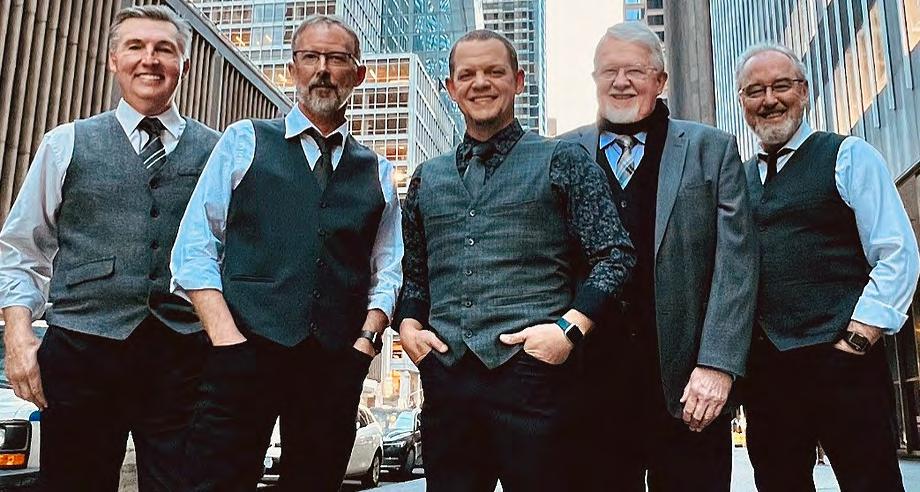
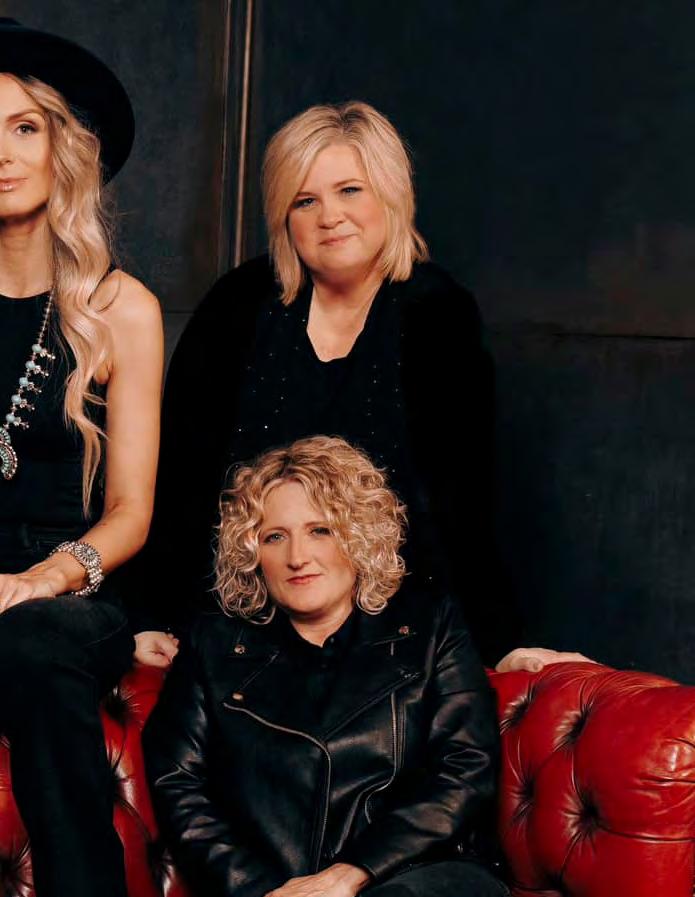


The story of Pinecastle Records is about people passionate about bluegrass music. The label started in 1989 in Florida. Tom Riggs owned several Pizza Hut restaurants. He was also passionate about the music business, and he loved bluegrass. He and his son did the largest syndicated bluegrass show in the United States, American Acoustic Country, on 250 radio stations. He loved introducing new bluegrass artists to a large audience. That morphed into the Pinecastle record label when Tom wanted to help a musician friend with his recording career. One day Tom was in South Carolina, where he went to see a wound doctor, Lonnie Lassiter. Lonnie used to play music in his clinic. “The day Tom came in. I was playing bluegrass music,” recalls Lonnie. That connection was a deep one, and Tom invited Lonnie to join him at IBMA. “I sat with Tom at the Ryman Theatre in Nashville,” says Lonnie. “Tom was on my right, and Ricky Skaggs was sitting on my left. I had to pinch myself!”
Ethan Burkhart, now president of Pinecastle Records, worked for Tom. “I went to the company’s Christmas parties as a fan and got to know Ethan,” says Lonnie. A few years later, Lonnie was riding through North Carolina, where Tom had moved the business in 2005. “I decided I’d stop in and see Tom. I hadn’t seen him in a long time. When I got to the building, the sign had been taken down, and the doors were locked. I called Ethan, and he told me Tom had suffered a stroke.”

Lonnie couldn’t bear to see Pinecastle close. He called Tom’s son but learned he wasn’t interested in taking over the business. “That was in 2010. They had lost most of their artists. I took over the label’s catalog and inventory. I moved it all to a building next to my clinic.” Lonnie says everything Tom did was old-school, including keeping records on paper. “I changed the phone system and CRM system to bring the label up to date.”

It’s Lonnie’s mission to keep bluegrass alive. “I love it. It’s my culture. I don’t want to see it go the way of the shag culture that existed on the beaches of South Carolina and Virginia. That has long disappeared. We are very business-oriented, making sure our artists are taken care of so they can continue making music.”
Owning a record label isn’t too far-fetched for a wound doctor like Lonnie. “I got my MBA to be competent to run the label. I want to be an advocate for our artists. My only rule is no vulgarity or profanity – otherwise, I encourage them to do what they want to do.” On Lonnie’s end, he works to be organized and careful not to under promise when writing contracts.

In addition to the sound recording end of the business, Lonnie says Pinecastle has gotten video heavy. “Ethan, who is also a professional bassist, has gotten really good at shooting video. We were able to bring the video production in- house, which in turn dropped the price of production. We also have Brian Smith, who is an amazing cameraman. It’s a whole new focus for us. We always had the audio recording down. But now that we have gotten into a new studio space in Greenville, South Carolina, we are a full-service company.”
Lonnie says Pinecastle is as much an investment company as it is a production company. “We invest in our artists through marketing and promotion. We have hired Tony Wray as our creative director. Tony can do all inhouse production, and he helps with the flow of content.”
While Lonnie’s musical tastes are ensconced in traditional bluegrass, he understands you must have an audience. “It doesn’t get too old school for me, but the music has to be relevant to today’s audiences. I have learned to love the intersection between different genres.” Pinecastle has a sister label featuring non-bluegrass artists. “We feature Southern rock, country, and more progressive bluegrass on the Bonfire
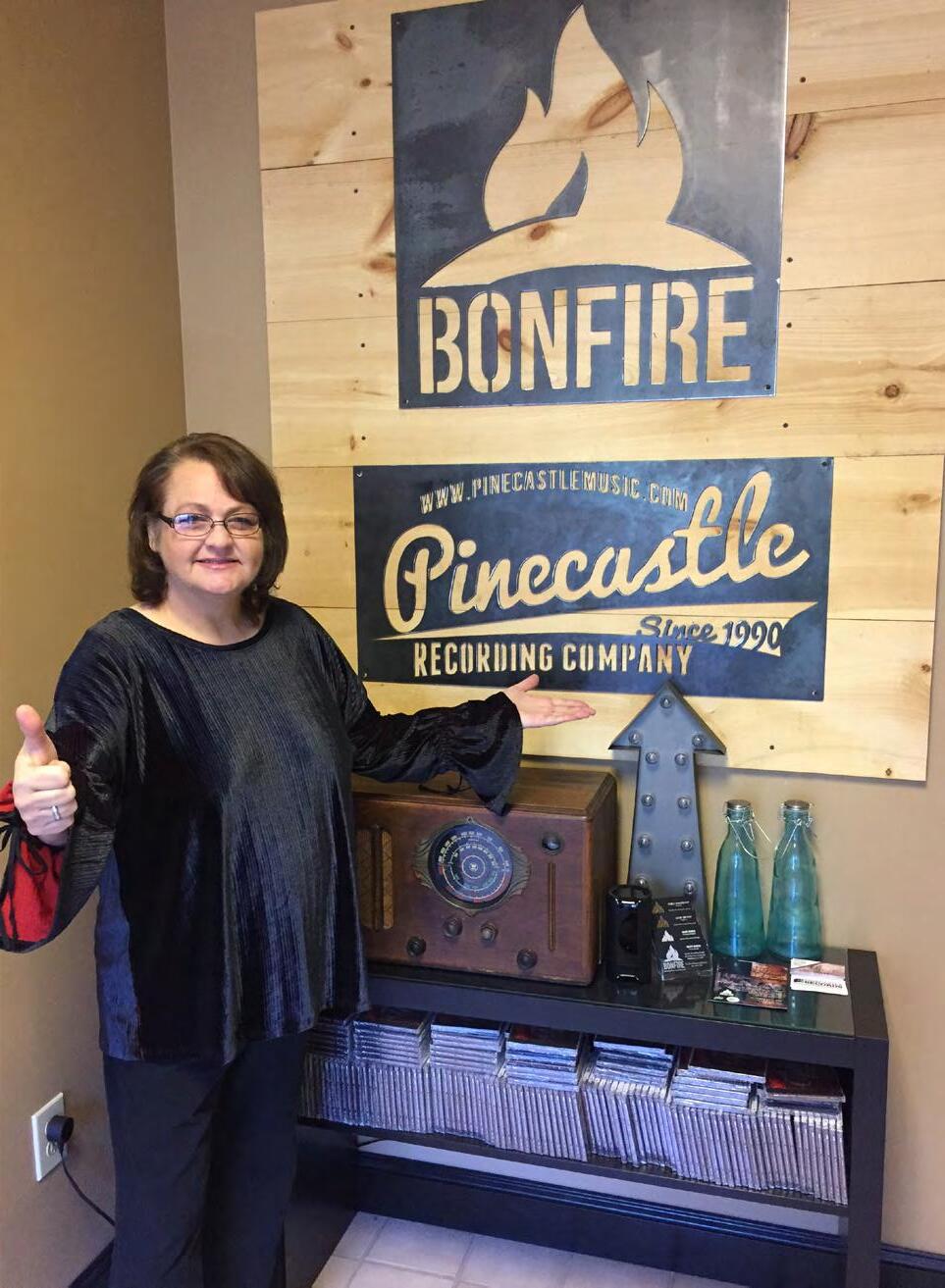

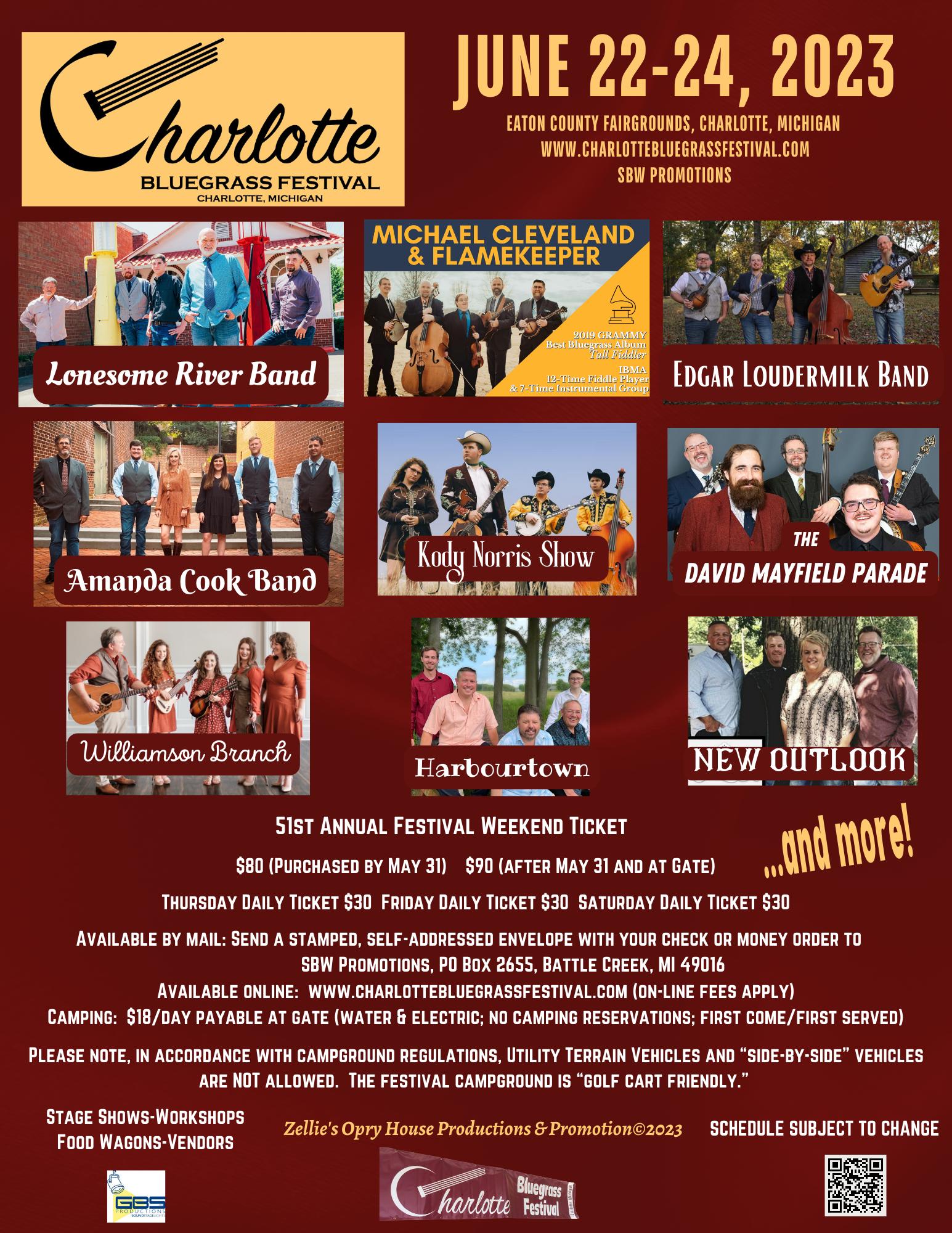

label.”
Dale Ann Bradley, five-time IBMA Female Vocalist of the Year and GRAMMY nominee, recorded her first album with Pinecastle. To this day, she still has a strong relationship with the label. Other bands, including Special Consensus and Nothin’ Fancy, became household names during their time with Pinecastle.
The current list of artists continues the bluegrass traditions: Williamson Branch, Sister Sadie, The Blue Hess Band, Blue Mafia, and Garrett Newton are some of the artists Pinecastle has worked with, along with established artists, including Lorraine Jordan, Carolina Road, Edgar Loudermilk, and The Farm Hands.
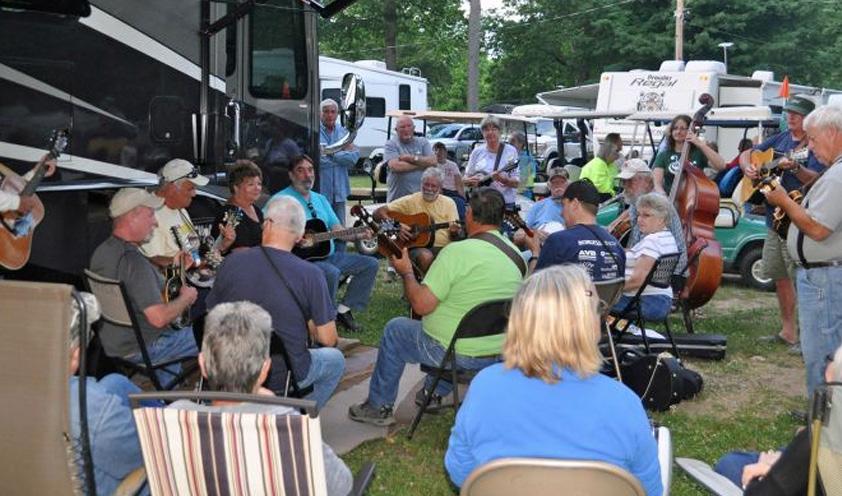

“We work hard to promote and help our artists and to treat them fairly,” says Lonnie. “I love the concept of family, and I love when we all get together. We want each of our artists to know they are loved and supported and that we will always advocate for them. I love this label, and I love our artists.”
www.pinecastlemusic.com




With decades of record company experience under his belt, few people know the music business better than Mark Freeman. As head honcho of a well-known and respected record label, Rebel Records, he’s got his pulse on the present – and the future – of getting music out to the masses.
He selects the acts he signs based on something very personal. Perhaps, very subjective. “It’s stuff that hits me right in the gut,” he said of the artists he signs. “It’s just music that hits me, that hits my soul. Hits my heart.”
He and his father both have developed a penchant for aligning their hearts with what people actually want; the continued success of Rebel Records attests to that. The artists releasing music on the label might be read as a “who’s who” of the business. Talents in their past catalog include notables such as Ralph Stanley, J.D. Crowe, Del McCoury, and Rhonda Vincent, to name a few. The current roster of artists active with Rebel includes Larry Sparks, High Fidelity, and Peter Rowan.
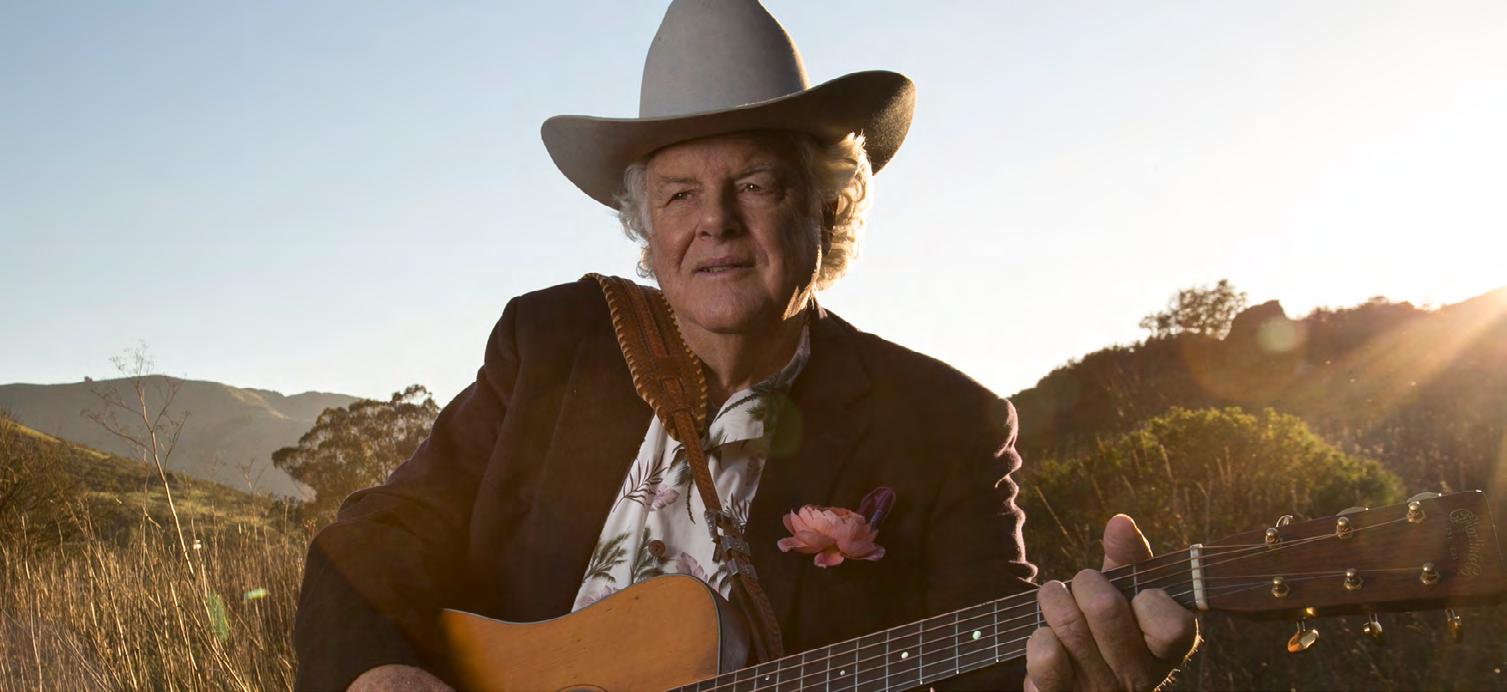
“My dad ran the label for close to 40 years, and I just took over from him a couple of years ago,” Freeman said. “Before I took over, I worked for my dad for 20 years.”
Over those two decades, Freeman said he witnessed quite a bit of change in the music business, and Rebel Records has rolled with those changes.
“When I started, it was album releases…you didn’t worry about single releases,” he explained. Things have also obviously changed in evaluating methods for marketing those releases now that the dynamic has changed in print vs. digital media, with the addition of social media having a real impact on the industry.
Freeman hints that when artists are tuned to the new marketplace, it might increase the odds that he’ll take the leap and sign them to the label. Once an act has “grabbed him,” he does a next-level evaluation to decide whether his label is a fit.

“You wanna focus on your music, but these days, people are also paying attention to your visuals,” he said.
He also advises that musicians “be patient” and work toward building a future, but with a realistic vision of how long the process takes.
“Just be patient,” he said, advising people who hope to be discovered by a label. “It doesn’t happen overnight. It’s not gonna happen quickly. Just work the promoters out there; work on your visibility.”
“You want a group that gets the people off their seats,” he added. “When they do, labels take notice. They just have that ‘something,’ that stage presence.”
Freeman said personality also plays a role when he decides whom he wants to work with, which might seem an obvious point for almost any business partnership in music or otherwise, but aspiring artists might want to heed this often-forgotten fact of human nature. Freeman said he is no fan of “pompousness” or a “cocky attitude” in potential artists.
“For a label, some of them just suck it up and deal with it,” he said. “But for me, personality plays a role, too.”
Freeman said he is lucky; his label does not need to resort to doing things that don’t feel right viscerally.
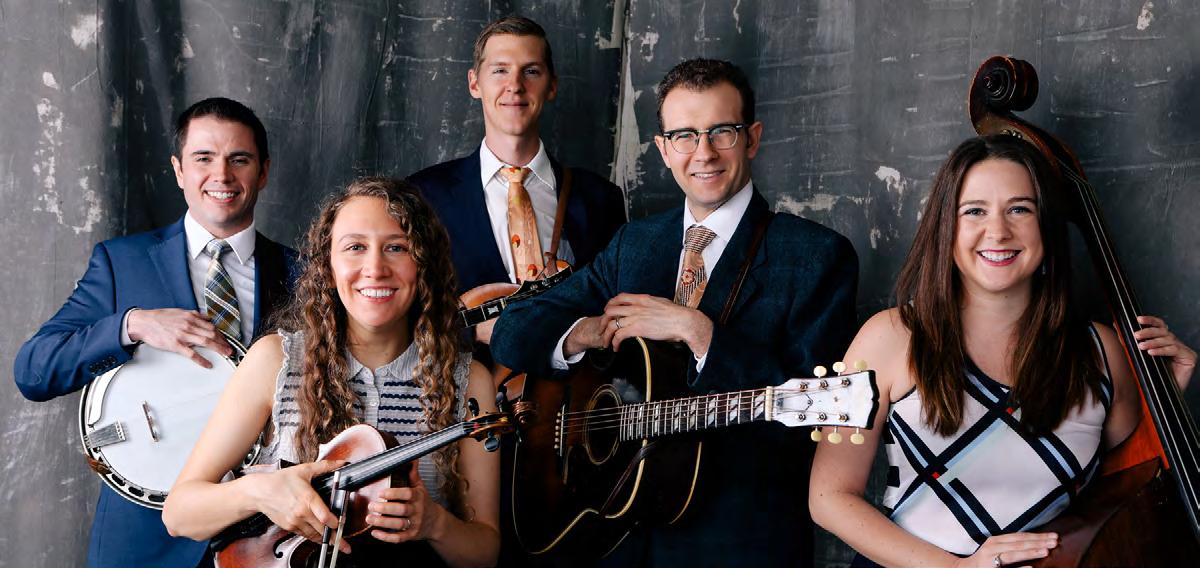

“I have not had to sign a group I’m not crazy about but that I know will sell a lot of copies,” he explained. Some labels have no choice but to do that, and he’s not envious.
Part of the pleasure he gets from doing what he does is not just signing already-proven powerhouses but also the feeling that comes from elevating burgeoning acts to the next level of exposure or finding a genuine diamond in the rough.
“We’re just excited to work with young talent and introduce them to a big audience. That’s the joy that I get,” he said, with a tone that reflected true genuine emotion. “If it makes money, then that’s just the cherry on top.”

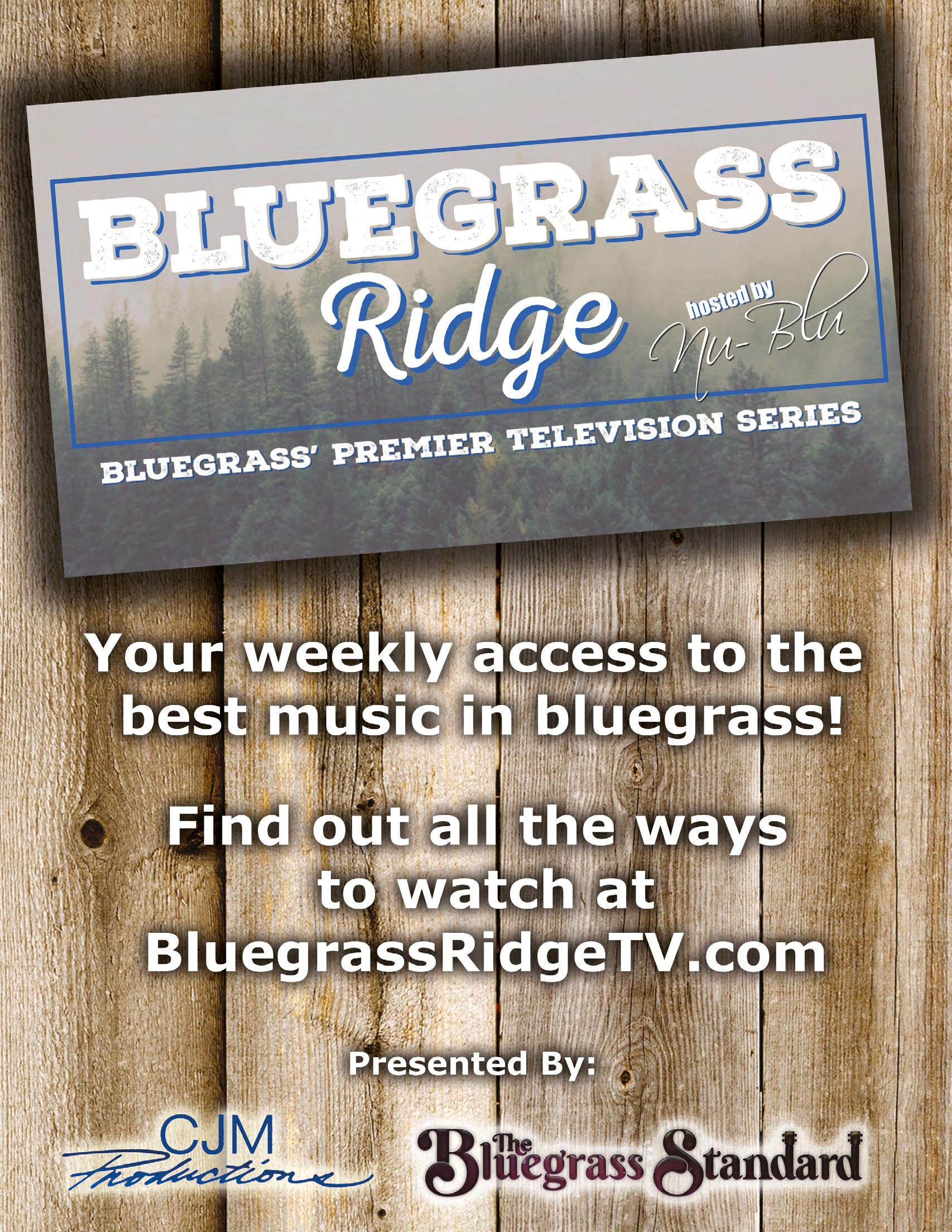
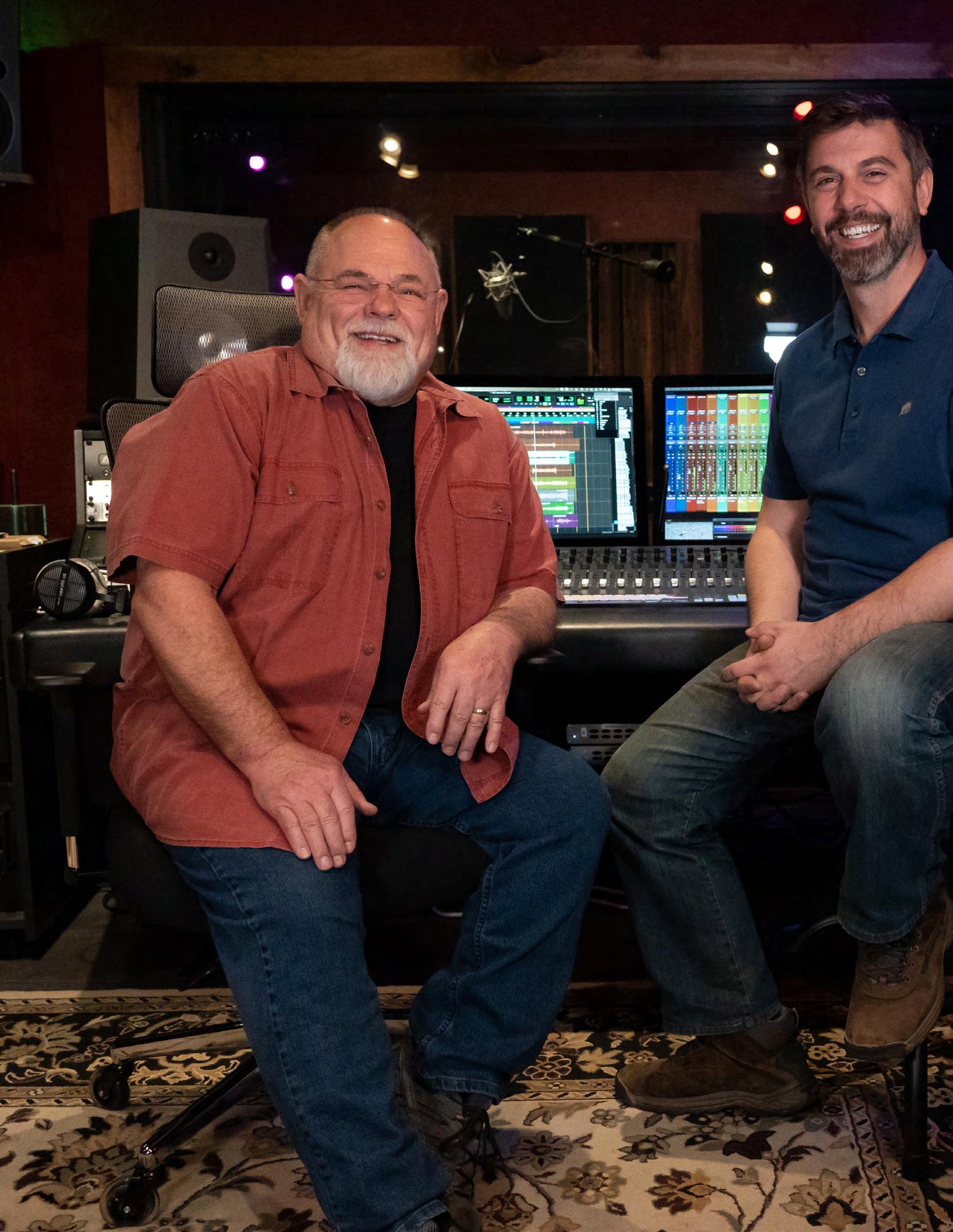

GRAMMY-nominated producer and engineer Dave Maggard is living his dream come true. From his recording studio next to his home in the country, some of his bluegrass idols have come to his place to record music. “It is such a joy for me,” he says. “My ambition has always been to pursue peoples’ creative side.”
Dave grew up in Louisville, Kentucky. “I actually grew up with bluegrass music because of the Gillespie family.” The Gillespie family was from Greasy Creek, Kentucky, and relocated to Louisville. “When I was 15 or 16 years old, it was not unusual for people like Bill Monroe, Keith Whitley and Ralph Stanley to visit their home. Doug Gillespie would take all of us to bluegrass festivals. I learned to play by hanging around them. I remember they traveled in an old blue bus that broke down a lot. They called the bus ‘Blue Dammit.’” Dave recalls that music was a big deal where he was from.
In 1979 Dave moved to Gatlinburg, where he played for tips in bars. “I eventually bought a farm that had a big metal building I used as a place to practice and record. I just moved the knobs to where it sounded good.” In 2014 Dave decided to get serious about the recording side of the business. “I attended RECW, an intensive five-week school in recording and engineering, located in Chillicothe, Ohio. I learned the technical side of music, and my head almost exploded. I wanted to do something with my newfound knowledge.” Dave started Sound Biscuit Productions in Sevierville, Tennessee intending to be a studio that works with songwriters. His studio is situated on his ten-acre farm. “I love the location,” he says. “Part of the success of the studio is the location and the relaxed feeling here. It’s a comfortable place to be creative.”

Some of bluegrass music’s greats have done work at Sound Biscuit. Dave had the opportunity to edit, mix, and engineer Doyle Lawson’s Roundtable album. “Doyle commented on how comfortable he feels here,” says Dave. “I have also had the opportunity to work with Dolly Parton. I got a call from David Dotson at the Dollywood Foundation about Dolly doing narration for a children’s show. She was very gracious.” As time went by, Dave began thinking about how he could expand the studio. “I busted out some walls and added four isolation booths. The Po’ Ramblin’ Boys and CJ Lewandowski were the first artists on the Sound Biscuit label. We worked with the Po’ Ramblin’ Boys on God’s Love is So Divine and with CJ on his Ozark Mandolin album.”

Looking back on the artists he has worked with, Dave says most of them have become good friends. “The people I’ve worked with is insane. The time we spend together in the studio is intense, and you get to know people fast.” Dave recalls the time Darrell Webb with Appalachian Road Show called asking if he would donate some recording time for a tribute to Steve Gulley, who had recently passed away, to benefit his wife, Debbie Gulley.
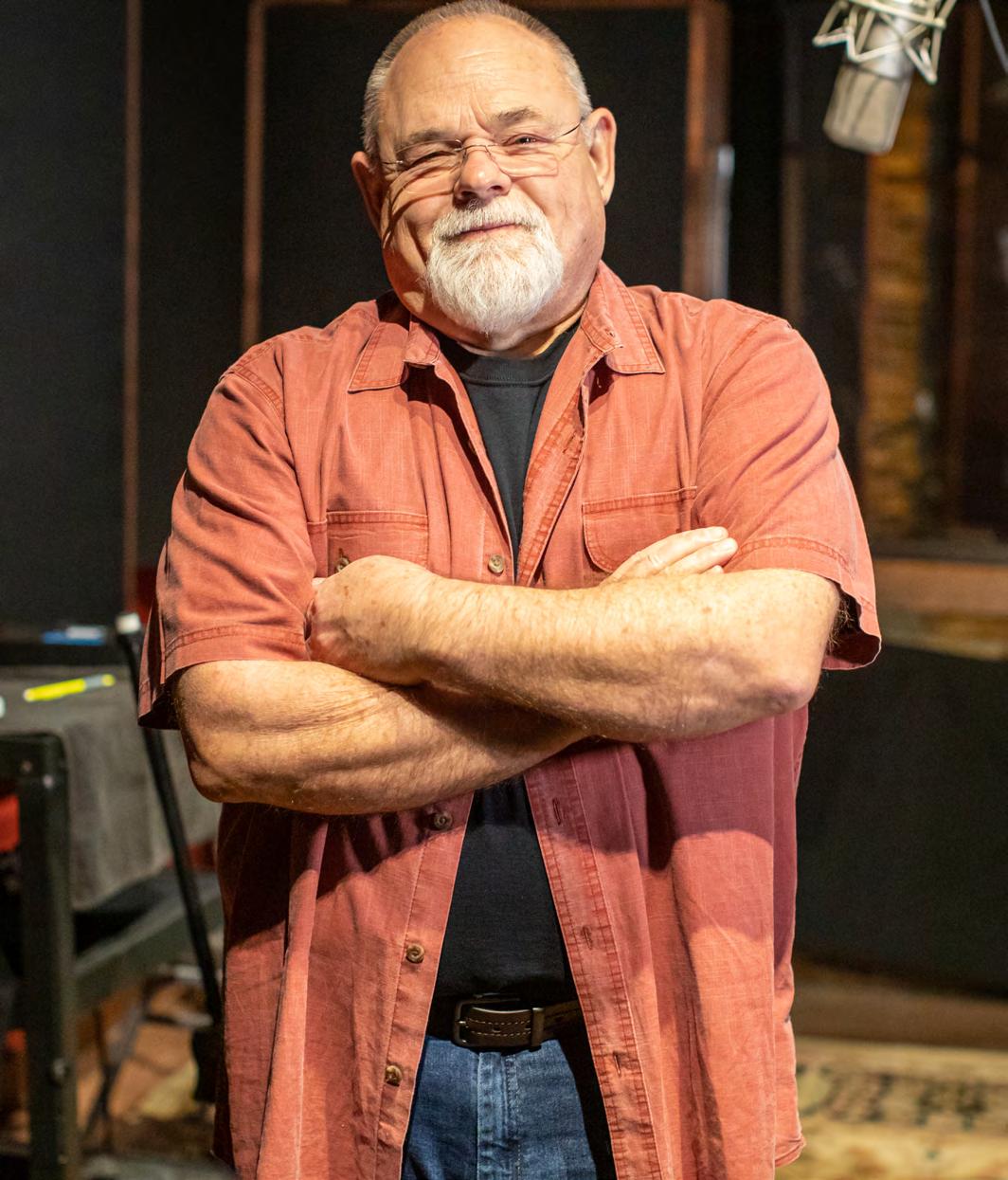
“The day came for them to record, and Doyle Lawson came in with a Who’s Who of bluegrass artists and recorded “In the Resurrection Morning.”
The song tied with Dale Ann Bradley for IBMA’s Gospel Song of the Year in 2021.

Sound Biscuit had the pleasure of laying down some tracks for Billy Blue Records for the Gospel Project that was distributed to Cracker Barrel stores. When Doyle Lawson came to Sound Biscuit to record his last album, Roundtable, before retiring, he spent weeks in the studio. Dave had a front-row seat to the history of bluegrass from Doyle’s perspective. “That was priceless.”
Dave is accompanied at Sound Biscuit by Shane Reman, who works at the recording studio. “Shane is irreplaceable. He is a monster, and we work in cahoots with each other. He did most of the engineering on Doyle’s album.”
The Po’ Ramblin’ Boys recently did some production and engineering at the studio. “We never slow down,” says Dave. “We are a full production studio, and we will make just about anything happen.” That includes videos, which they have been doing more frequently.
“I love working with young people. So many of them want to learn. And with artists like Greg Blake, Dale Ann Bradley, Jesse Brock and Corey Zink, we’ve got great role models.” Dave says his business platform is to create something people want to be a part of. “This business made its way to me. I am committed to excellence, but we want to have fun as well and have people talk about it.”
Dave came up with the name Sound Biscuit after he discovered his original name for the business, Sound Farm, was already in use
in Utah. “I was eating a biscuit for breakfast, and the idea of Sound Biscuit popped into my head. As it turns out, back in the old days of sound recording, the blob of ‘wax’ used to press a record was called a biscuit. As time when on, they called making a record ‘cutting a biscuit,’ so the name really works well.”
After several years of working in the business, Dave still marvels at his charmed life. “I don’t have to pay to go to shows,” he laughs. “The artists come to me. I feel kind of like a cheat because I get to hear the best do their best without leaving my farm.”

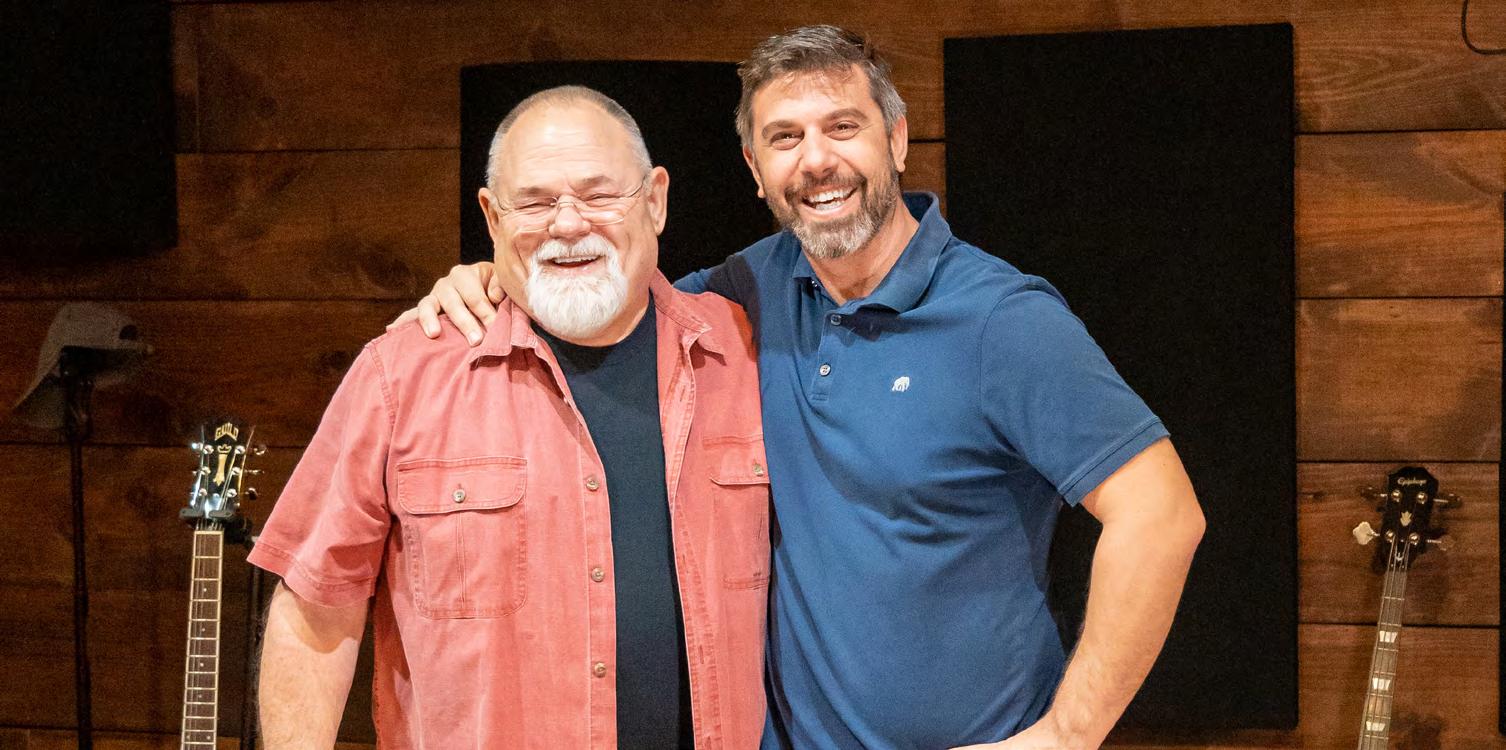

Keith Barnacastle owns bluegrass instruments of every flavor, though he’s never really picked the banjo or leaned into his custom-built upright bass. But he’s making a lot of noise in bluegrass by publishing a free, in-depth magazine about the music and running a record label that uniquely serves its artists.
“I want people to know about this music, to learn about it, and not have to pay to read it,” Barnacastle said about The Bluegrass Standard. “And with Turnberry Records, we want to keep finding new music and helping these artists, whether they’re playing traditional or newgrass.”
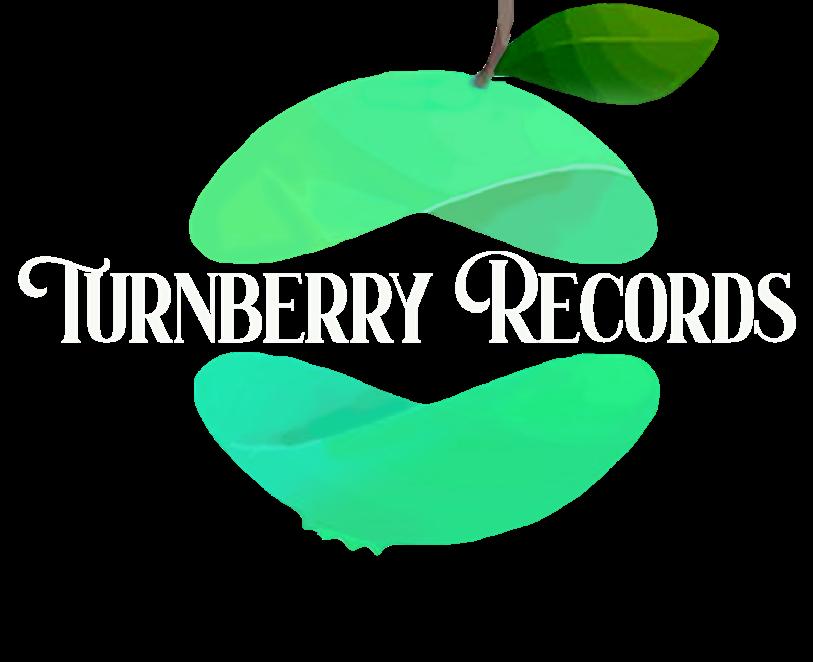
You might assume that a kid growing up in Meridian, Mississippi, whose family sang gospel music across the South as The Barnacastle Singers would have a fast track to the stage.
Not quite.
“My dad and my mom have beautiful singing voices, and my dad’s three sisters have beautiful voices, but I didn’t get the singing voice. I got the gift of gab.”

Steeped in traditional music as a kid, Barnacastle heard all sorts of music as a student at the University of Southwest Louisiana, including the Cajun music played by the locals. After graduating, he moved to California, working for Occidental Petroleum before satisfying a desire to become an entrepreneur and employing himself. As his in-home nursing business grew, though, he was pulled toward the music he grew up with.
“I’ve always loved music, and I’ve always promoted music. And about 15 years ago, I decided to give back to the community I was raised in.”
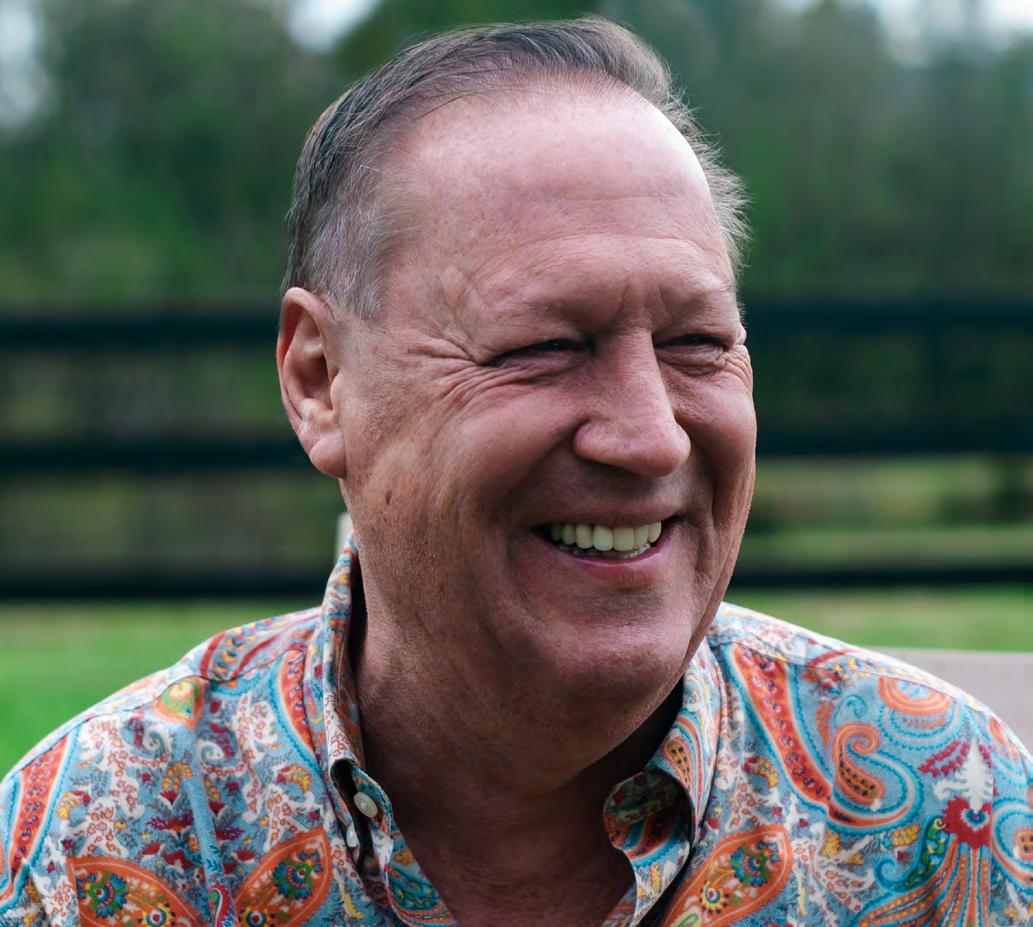




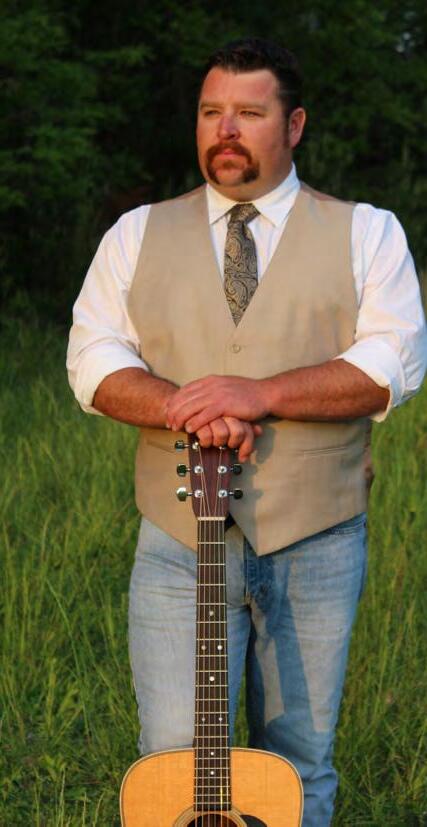
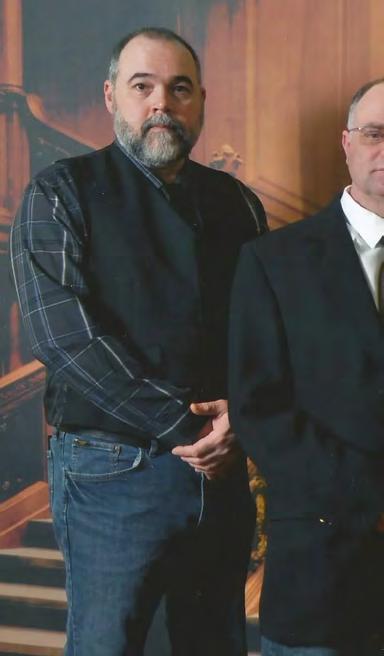
His Suits, Boots, and Bluegrass concerts for charity in Meridian featured folk, Americana, and bluegrass acts. Barnacastle’s experiences producing those events made him reconsider his professional life, which was tied to a business that was becoming highly regulated and complex.
“I just felt like I needed to get out of the industry and do something that would allow my spirit to flow again. Then I thought, I’ve got all these contacts in the music industry; why don’t I do something with that?”
This wonderfully illustrated and beautifully executed magazine, The Bluegrass Standard, is the result of that re-orienting, providing extensive articles and interviews that feature the broad spectrum of bluegrass music, from stories about the founding fathers to profiles of musicians exploring the borders of the genre. There’s no disagreement about the publisher’s founding principle for the magazine.
“When I say free, it truly is free,” Barnacastle explained. “Everybody thinks there’s a catch. But you can go to our website, or you can go to ISSUU.com, one of our publishers, and you can read the magazine every month totally free. You don’t have to do anything—though we’d love for people to give us their email address so we can send a digital copy to them.”
As the cliché goes, one thing leads to another. Barnacastle realized his experience as an entrepreneur and publisher positioned him to create a new record company that would redefine the relationship between the artist and their label.
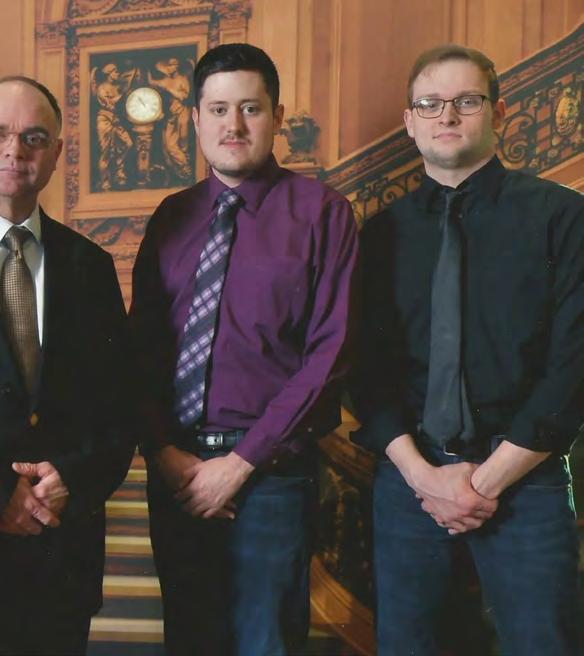
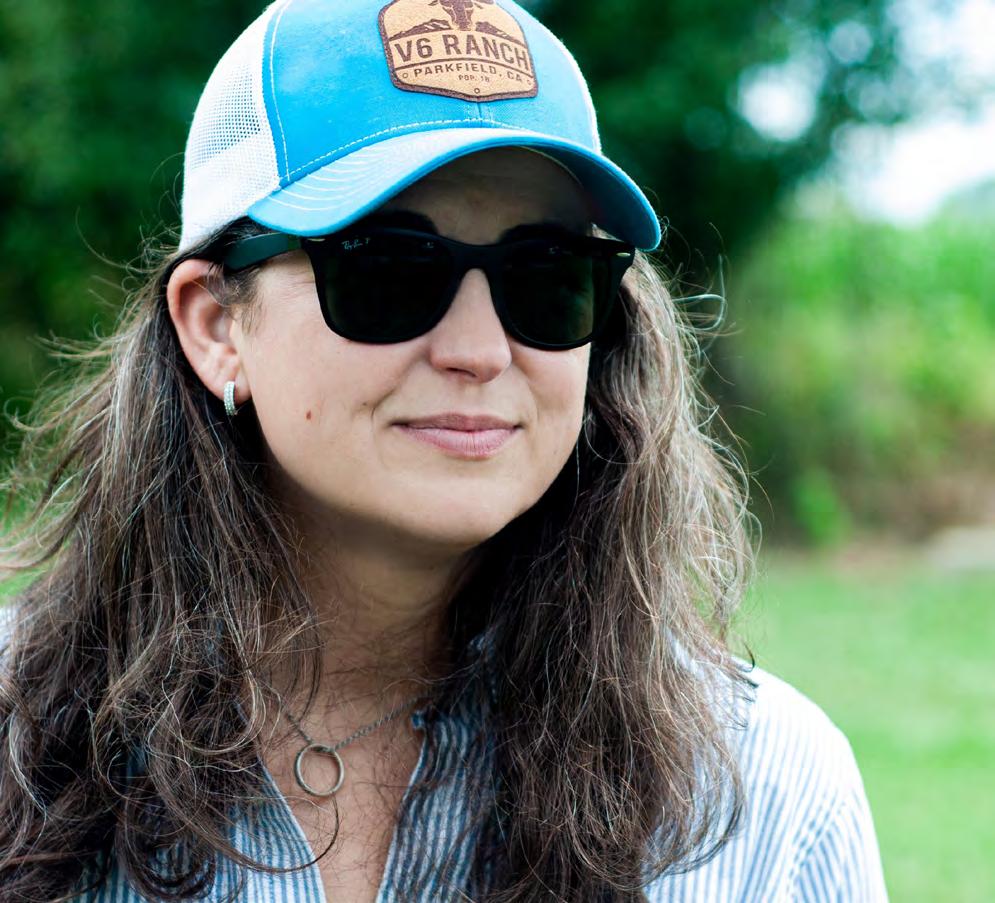
“I wanted Turnberry Records to be more artist-based,” Barnacastle explained. “When an artist brings their product to us, we want them to have full control and the opportunity to sit down and talk about where they want to go with their project.” Turnberry Records allows the artists to determine what they want, how they want it to get out there, and whom they want to get it to.

“A lot of these other labels will say, ‘You’ve got to use my studio. This is what you’re gonna pay. This is what you’re gonna do, and we’re gonna get it out there, and you’re gonna get X amount of dollars from it.’ And with some labels—the bigger labels in country, the huge labels—you get about a 16 percent return. But we put it on a 50-50 basis with Turnberry.”
Though based in California, Turnberry Records is far from a regional label. Nu-Blu husband and wife duo of Daniel and Carolyn Routh of Siler City, N.C. Darren Beachley of Maryland performed with Bill Harrell and the Virginians and Doyle Lawson and Quicksilver before beginning his solo career. Rebekah Speer Nashville based artist steeped in bluegrass and gospel, Virginia artist Jeff Brown and Still Lonesome, Virginia artist Mike Mitchell Band, Caleb Bailey and Paine’s Run, Prairie Wildfire is three bluegrass-playing young ladies from Wyoming. Singer Songwriter David Stewart The Walking Cowboy, along with Greg Blake, whose music is grounded in his Appalachian roots, was an IBMA Male Vocalist of the Year nominee in 2022. The label markets to all Genres of Bluegrass, Americana, Folk, Gospel, Classic Country and main stream Country.
“I know this is kind of crazy,” Barnacastle continued, “but when I listen to a song by a certain artist, and it moves me, and I feel the music, it can make me weep and cry. That’s when you feel the artist is putting every bit of their effort and soul into their music. And that’s the kind of artists that we love to promote and work with.”

Barnacastle is incredibly excited about a project featuring Bobby Osborne performing songs he’s always loved but never recorded.
Other recent Turnberry innovations include Get It Played, an economical promotion and distribution service for artists of many genres, and Strings Division. This teaching program offers “bluegrass to blues” lessons that educators can easily and affordably implement.
Barnacastle is not only making a lot of noise in the bluegrass world—he’s known for making a spectacle of himself at the annual IBMA gathering in Raleigh, N.C.
“In 2016, when we showed up in socks that were chicken legs, people were just asking, ‘Who is this crazy guy?’”
Each year his colorful, feather-full costumes have grown more elaborate. Barnacastle works months before the event with a designer to be sure he’ll have something eye-catching to wear in the exhibit hall.
“I feel like when I go to conventions or festivals, I’m going to have fun. I want people to enjoy the music and the people around them and be happy to be there. And the costumes are a way to do that. It’s a branding thing for us,” said Barnacastle, dubbed the Elton John of Bluegrass. “But when it comes to the end of the day, people know we’re The Bluegrass Standard and Turnberry Records. I’m having a good time, and that’s what I want other people to understand. Enjoy life. Life is way too short.”

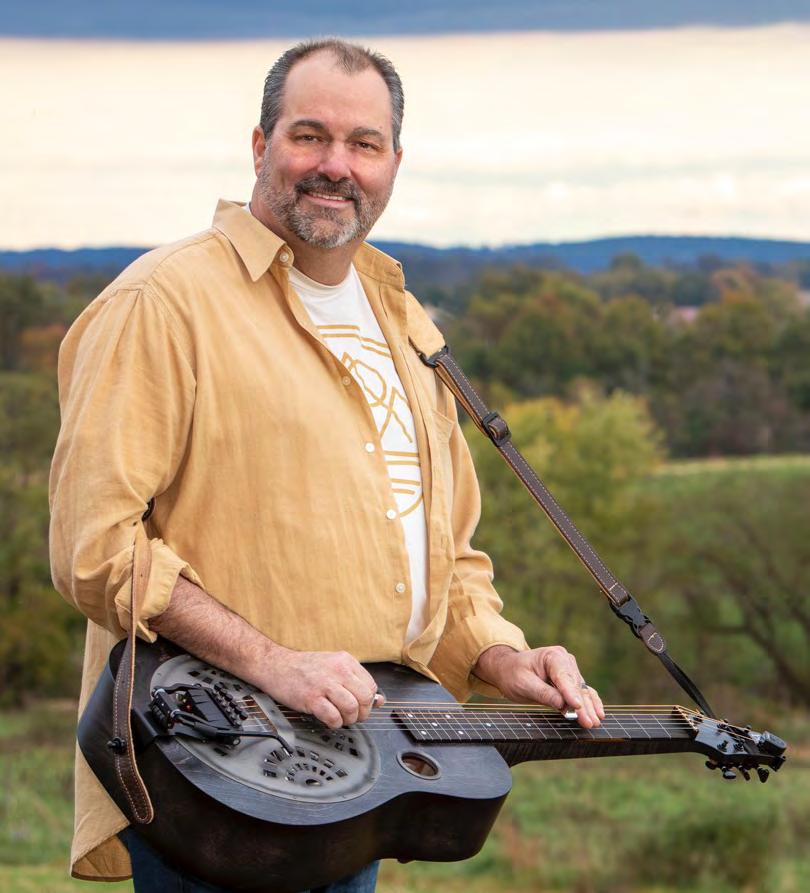
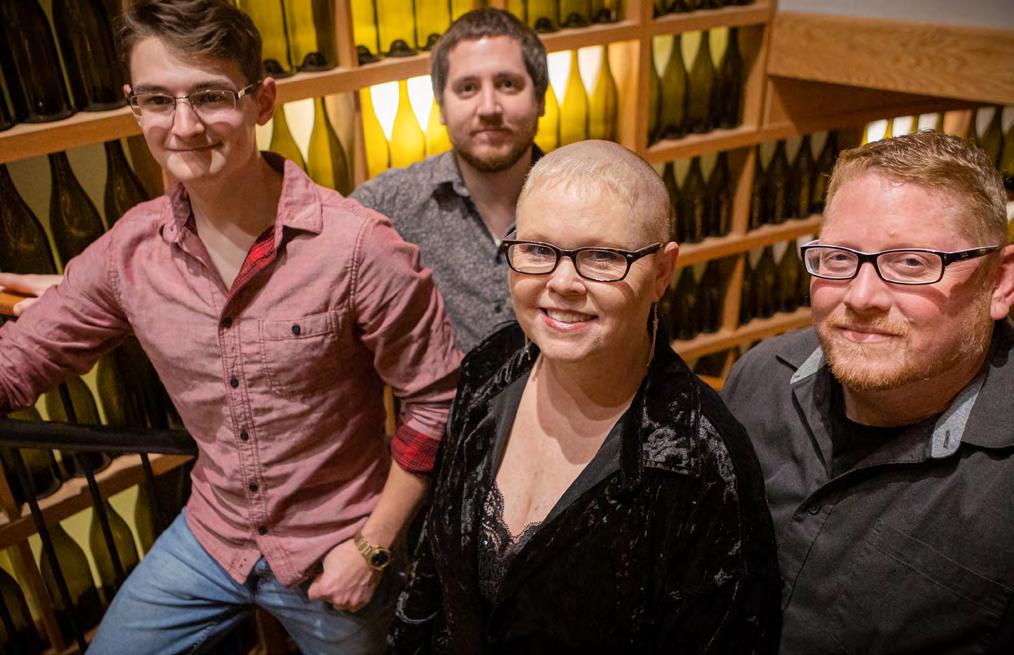
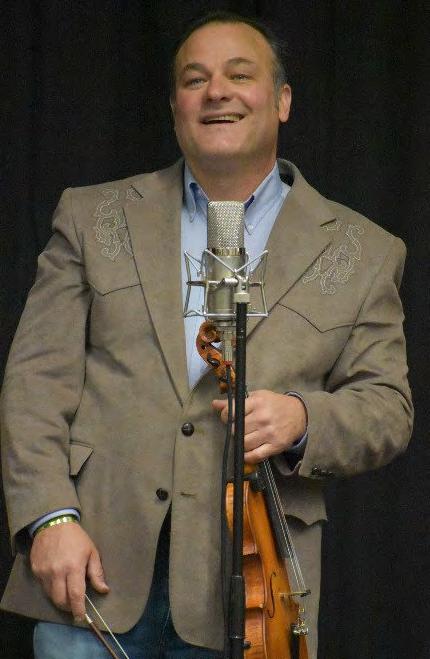
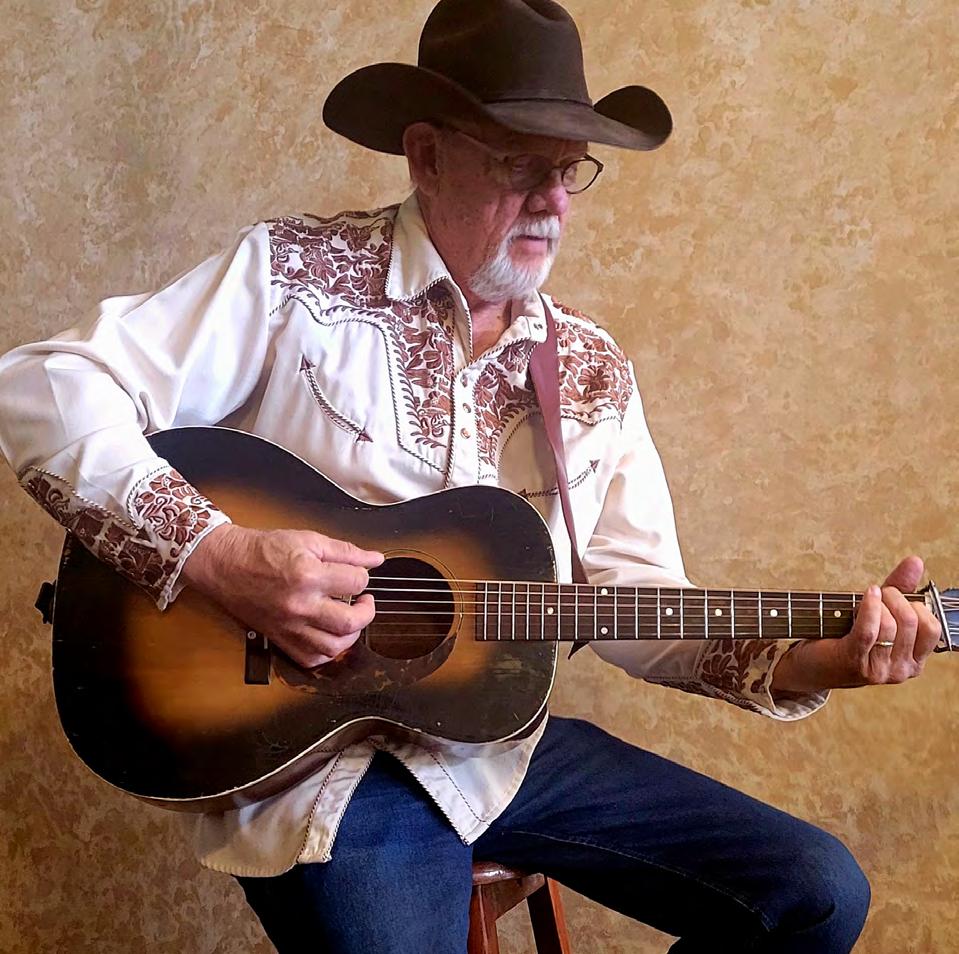
From current artists such as Del McCoury, Tony Trischka or Po’ Ramblin’ Boys – to late greats such as Bill Monroe and Ola Belle Reed – Smithsonian Folkways Recordings has made sure to preserve music’s present and past for future generations. As part of the Smithsonian Center for Folklife and Cultural Heritage, this nonprofit record label of the Smithsonian Institution shares some similarities with commercial labels while fulfilling a unique mission: To curate the most meaningful parts of the history of music.
When Smithsonian Folkways Marketing Manager Jonathan Williger talks about how the label operates, it sounds slightly different. In addition to recordings, the website explains the label also releases educational materials to “strengthen people’s engagement with their cultural heritage and enhance their awareness and appreciation of the cultural heritage of others.”
The artist selection process isn’t exactly as it would be for many other record companies. Williger spoke of the “curatorial thrust” of the label. The Smithsonian is an institution revered by many and considered in some quarters to be our nation’s most notable repository of things that relay the full, true scope of –and myriad complexities of – the human experience. Based on that, the label’s method of evaluating content comes as no surprise.
“We think of it as a collection of artifacts,” Williger explained about how artists are selected. “It’s thinking of the collection as a whole and how it affects the world of sound.”

Although Williger said the number of releases is ramping up, he said Smithsonian Folkways drops “usually between 10 and 14” records each year. He said the process involves a content
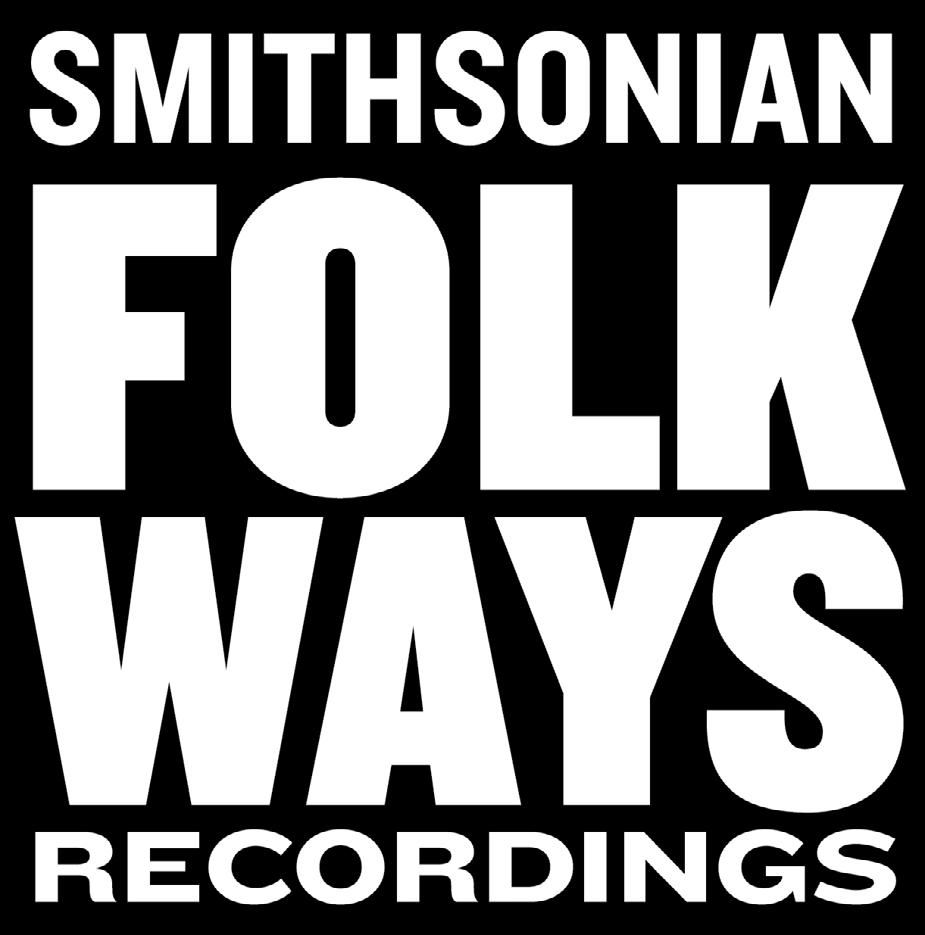
board that “reviews submissions of new releases.” Of course, strong voices in the process also include the label’s brand new director and decision-maker, that Williger describes as the “main curator,” ethnomusicologist Maureen Loughren. He said Jeff Place is also an essential archivist and curator at the label and is among those who play a role in these decisions.
The label finds its origins as far back as 1948, with the founding of Folkway Records, by Moses Asch. In 1987, The Smithsonian acquired the company from the Asche estate, and it became the label that operates today. It held tight to Asch’s original intent to document “‘people’s music,’ spoken word, instruction, and sounds from around the world.” Today, the label re-releases archival recordings of the past while also helping today’s artists reach listeners at many points of access.
“There are certain ways in which we are like other record labels, and we have a PR team,” Williger said. “We work traditional media angles… and we definitely make sure our music is distributed to libraries through our distributor.”
In addition to the music from bluegrass talents of both present and yore, Smithsonian Folkways releases music from genres including jazz, Latin, gospel, classical, old time, blues…you name it. However, from whichever corner the music hails, there tends to be a common thread. Williger said the commonality
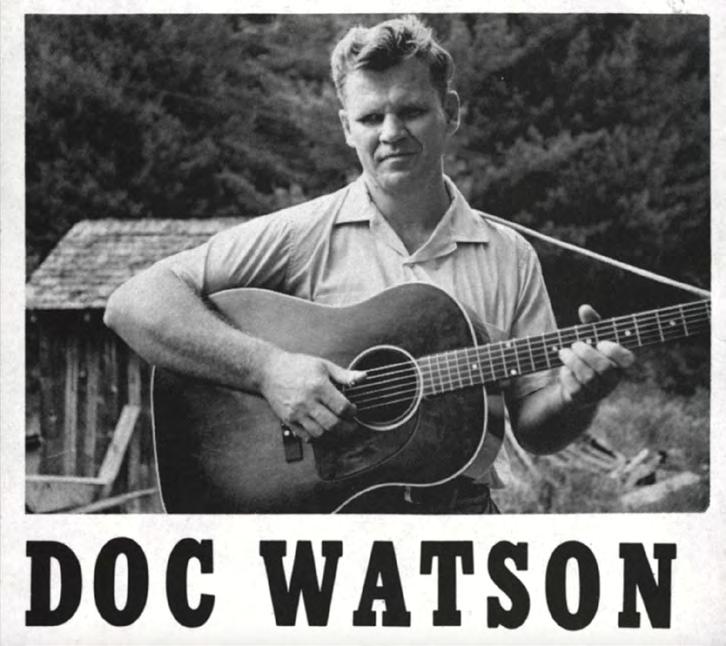
amongst the artists on the label’s roster is that the curators seek voices that might not otherwise be heard; he said the focus is on “marginalized communities.” According to the Smithsonian Folkways website, the aim is to support “cultural diversity and increased understanding among peoples through the documentation, preservation, and dissemination of sound.”
The “American experience” of music is not a homogenous monolith; it’s a vast melting pot. Its full reality includes a multitude of varying paradigms, from performers with roots of origin in many backgrounds, nations, and walks of life. In Willger’s fourand-a-half years with Smithsonian Folkways, he said he personally appreciates how a more comprehensive and inclusive approach to music aids in “creating empathy” in listeners.

“I think it’s important because sound and music is a key way humans express belonging,” he said. This is in addition to the more obvious “cultural” and “emotional” expression for which music is widely known.
“A lot of the music that comes out of Smithsonian Folkways, we want it to say a lot about the artists and their communities,” Williger said. “It’s important for people to experience music made by people who are not like them.


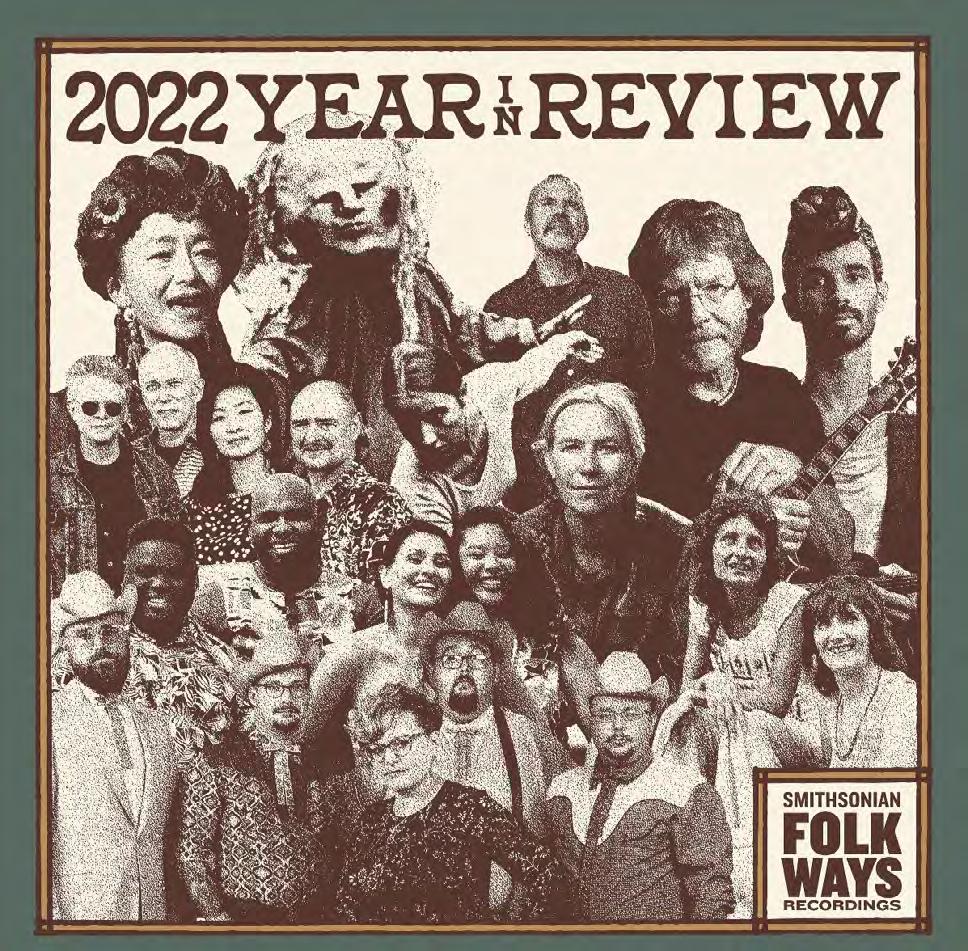
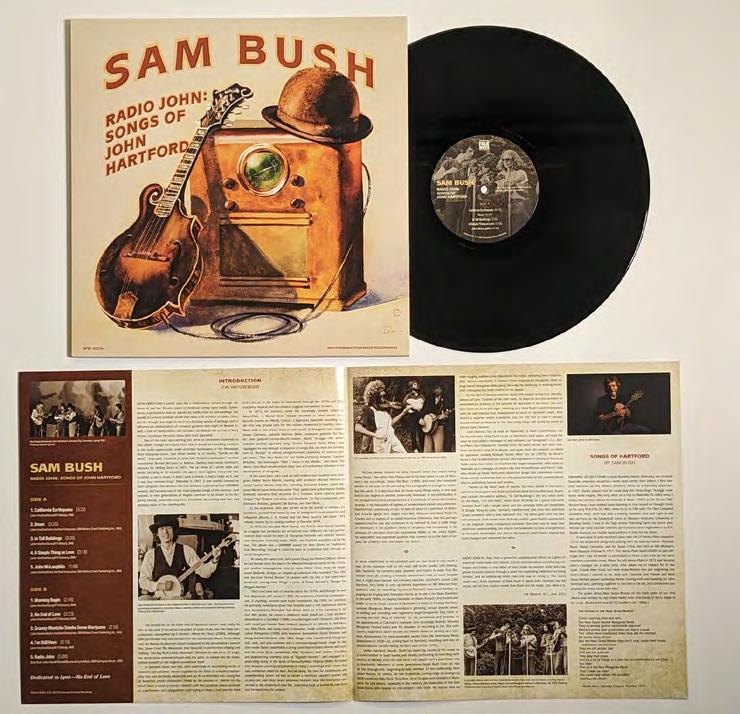
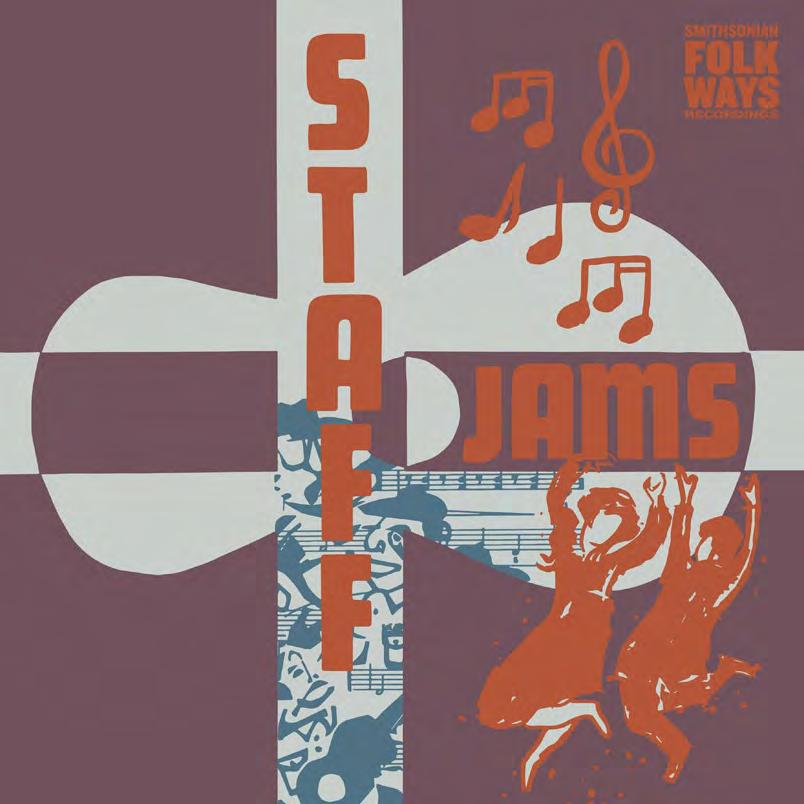


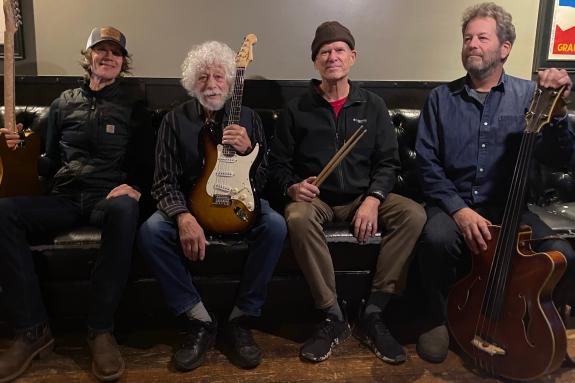
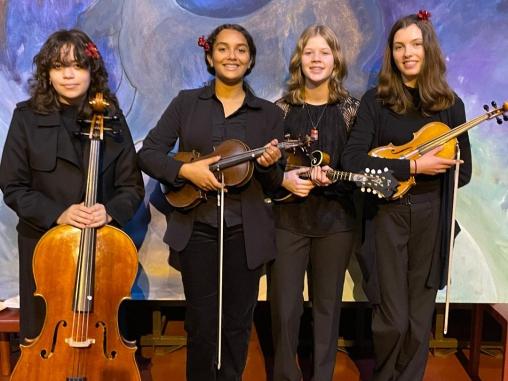
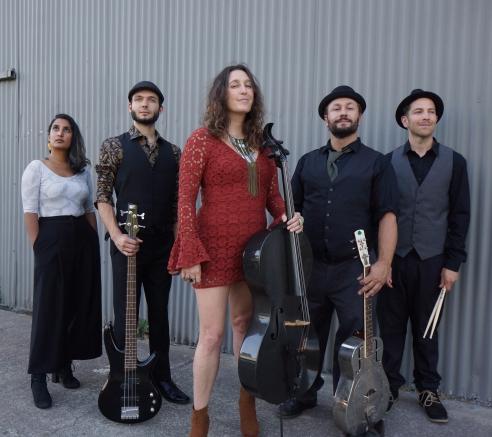
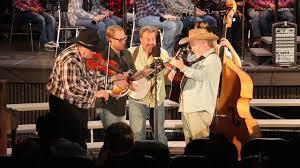



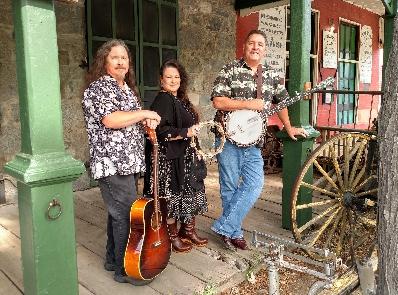
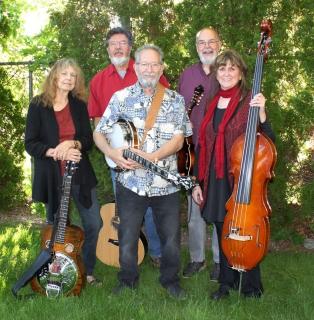
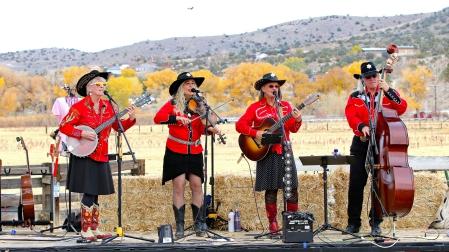
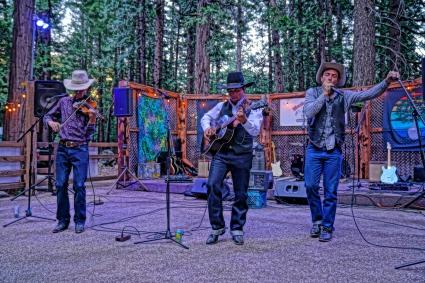
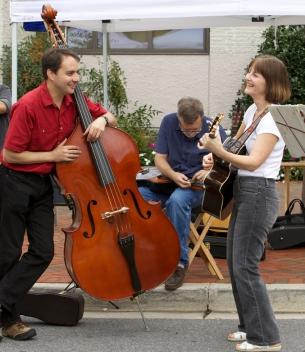




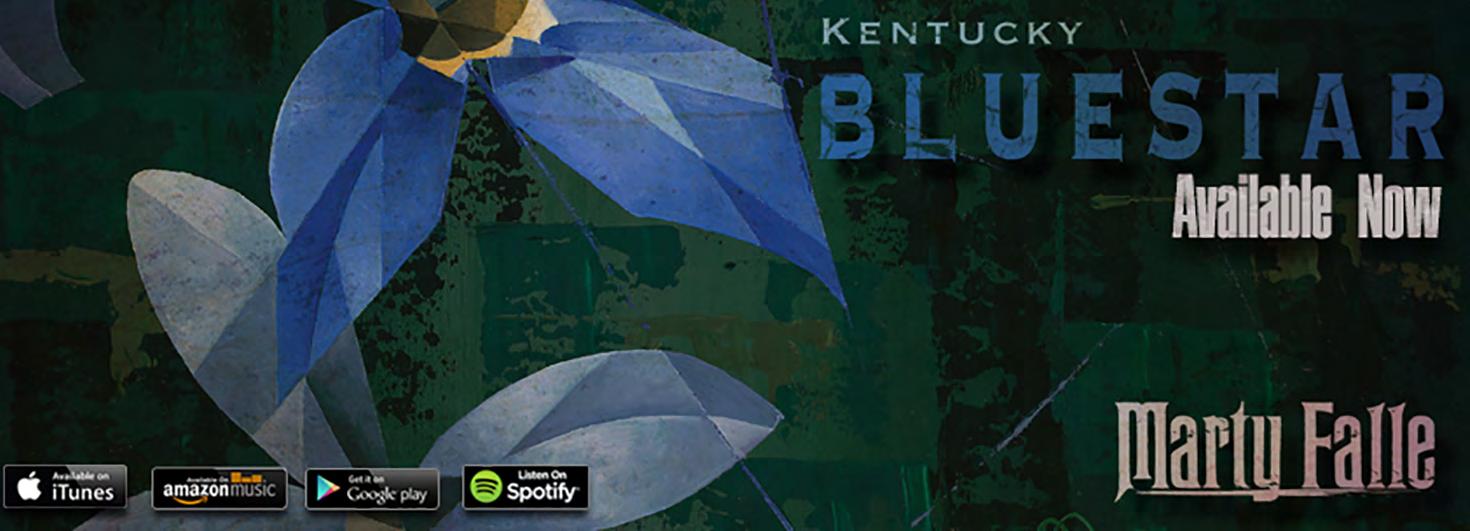


Did you know that hard cider is one of the oldest alcoholic beverages in the world?

It is older than America and even accompanied the Mayflower to the New World.
Hard cider’s roots are rich in American tradition. Because colonists preferred the drink over beer, wine, or liquor, apple orchards were planted all over the region to supply the demand.

Remember Johnny Appleseed? John Chapman, colloquially known as Johnny Appleseed, was born in 1774 and planted apple trees throughout Appalachian Pennsylvania, West Virginia, Ohio, and beyond.
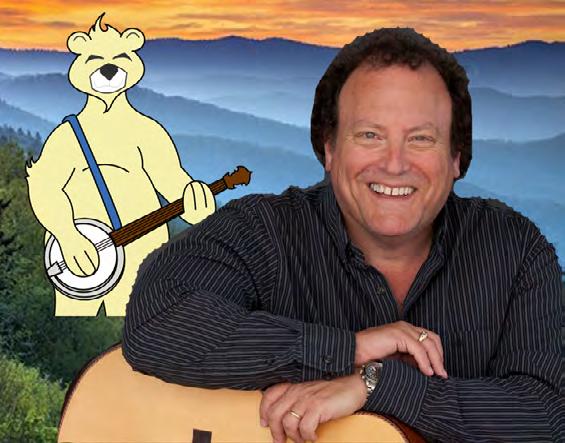
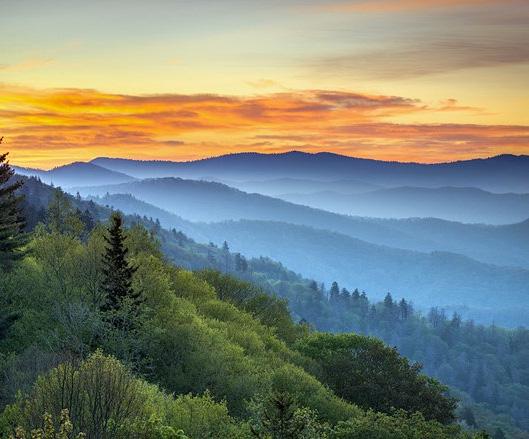
But it wasn’t because he was interested in apple pie or cobblers. His apples had one purpose: to make hard cider.
At its core, cider is simply plucking a particular blend of apples, juicing them, and then leaving the juice out at room temperature to allow it to ferment naturally. Of course, creativity and taste play a role, as well.
Hard cider fell out of favor during the late 1800s when beer became more popular with the influx of German and Eastern Europeans to the region. Coupled with Midwest expansion that provided more suitable land for growing hops and barley, beer outpaced hard cider, which was then mostly relegated to the countryside. Prohibition further pushed hard cider into the hills, away from the law.
Within the last couple of decades, though, hard cider has seen a resurgence in popularity. There are a number of national brands distributing craft hard cider, as well as many in Appalachia reviving the tradition.
Check out these hard cideries drawing on traditional practice to create delicious beverages rooted in history:
Taste the tradition at this Appalachian hard cidery that focuses on taste and quality. “At Hawk Knob, we hope to provide more than the cider we make; we hope to share a little bit of our culture and Appalachian heritage,” the website reads.
It continues to note that hard cider has existed before, during, and after prohibition in the region and throughout much of Appalachia.

“Many of these ciders were made from heritage apple varieties, wild apples, or a combination of the two. More often than not, these ciders were fermented and aged in used whiskey and bourbon barrels. While barrel aging and barrel-influenced ciders are becoming more common these days and are considered by many to be a modern trend, this style of cidermaking is part of our cultural heritage. Much of what we do at Hawk Knob is an homage to the old-time cider crafters and our Appalachian roots.”
Varieties include elderberry and barrel heritage. Appalachian classic and traditional. Learn more at https://hawkknob.com/.
Much like the “farm to table” moniker restaurants utilize, Flat Rock Cider Company employs the motto “Orchard to the Glass.” “We strive to support local agriculture by using fresh fruit straight from our community orchards. We love uplifting our neighbors and making great cider at the same time,” the website reads. “Our cider is made with apples from some of the oldest orchards in Henderson County — the largest apple-producing county in North Carolina.”
Varieties include semi-dry apples, semi-tart blackberries, and tropical pineapple. For more information, visit https://www.flatrockcidercompany.com/.
This small, family-run business crafts ciders in a traditional style. The small-bath ciders are made with local apples from Kentucky, as well as Virginia, Ohio, and Pennsylvania. Their impressive list of ciders includes:
● Pomme Pomme
● Rose Cider
● Commonwealth Gold
● Jonathan
● Holy Beez Orchard
● Browning Orchard

● Royal Red, and many more
You can even enjoy hot mulled cider, which features Wise Bird cider steeped with cranberries, ginger, cinnamon, clove, and citrus (plus an optional shot of bourbon. Or, try “Tim’s Toddy,” which is mulled cider with bourbon, early grey or black tea, and lemon. Learn more at https://www.wisebirdcider.com/.
4. Appalachian Mountain Brewery Boone, North Carolina
Appalachian Mountain Brewery creates both craft beer and hard cider. They even bottle their Southern Apple Hard Cider, inspired by their mountain orchards. “Southern Apple is a classic Semi-Dry cider that brings you that fresh picked experience like you’re coming right off of the orchard,” the website reads. “Crisp, clean, smooth, dry, and crafted to be incredibly sessionable, our Southern Apple cider makes for good times with friends all year round.”
Other varieties include Mystic Dragon, infused with green tea, rhubarb, and strawberries; Roots, named after the company’s mountain roots and infused with turmeric and ginger; Cider, which incorporates a splash of orange juice; and Scarlet Rose, infused with cinnamon and plums. Find more information at https://www.amb.beer/.

Joe is a seasoned musician who has made a name for himself in the bluegrass and traditional country music scene. With his unique blend of bluegrass, traditional country, gospel, and Appalachian Mountain music, he is a natural on and off stage promoting his band and music.

In an interview, Joe shared more about his career, influences, and dreams. He is joined in the Short Mountain Band by Aaron Holman, Nick Bryant, Lisa Horngren, and Billy Wise. Joe has released two Nashville-produced recorded albums for a label and seven previously recorded self-released albums. His last album,
West Virginia Rail, was released in 2019.
Joe’s West Virginia Rail album was recorded at Sony Studios in Nashville, and producers were Adam Engelhardt and Glen Duncan. Some of the musicians who contributed to the album include Cody Kilby, Ned Luberecki, Scott
Vestal, Aubrey Haynie, Dennis Crouch, and Casey Campbell. The album was released on Rural Rhythm Records, and it showcases Joe’s ability to blend traditional country and bluegrass music seamlessly. Joe has eight upcoming shows and others that he is currently working on. His main goal this year is to get to some new places and broaden his reach and fan base as well as to meet new people. He is excited to be playing at new festivals this year, including the Northern Indiana Bluegrass Festival, Bill Monroe’s Bluegrass Festival, Grits ‘n Grass Mountain Music, and many more. Joe and his band recently finished

remodeling a new bus and are eager to get it on the road.
Throughout his career, Joe has had several highlights, including signing with Rural Rhythm Records, performing on stage with Vince Gill and the Time Jumpers, and meeting Bill Anderson. Joe’s unique blend of bluegrass and traditional country music has earned him a loyal following, and he is excited to continue recording and traveling with his band of great friends.
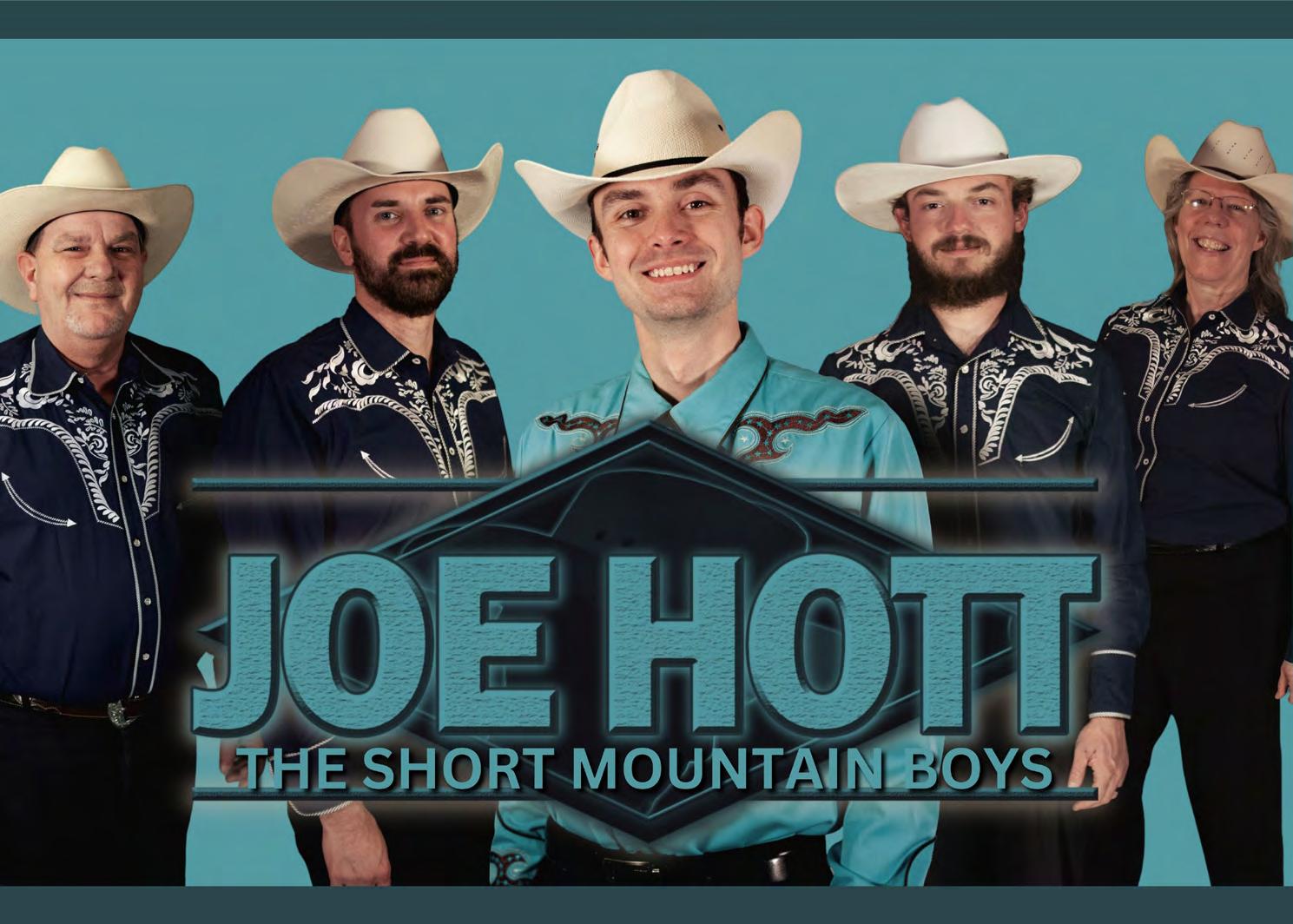
In conclusion, Joe’s passion for bluegrass and traditional country music shines through in every note he plays. His ability to blend different genres seamlessly is a testament to his talent and dedication to his craft. Fans can expect to see more great music from Joe and his band in the future. “Honestly if I can just keep recording and traveling with a great group of friends that I have, that’s all I need. **We are all looking forward to playing some new festivals for us this year like Northern Indiana Bluegrass, Bill Monroe’s Bluegrass Festival, Grits ‘n Grass Mountain Music and many more! We have a new bus we just finished remodeling and can’t wait to get it on the road.” To keep up with Joe’s career and upcoming shows, be sure to contact his agent, Melanie Wilson, at Wilson Pickins Promotions.

